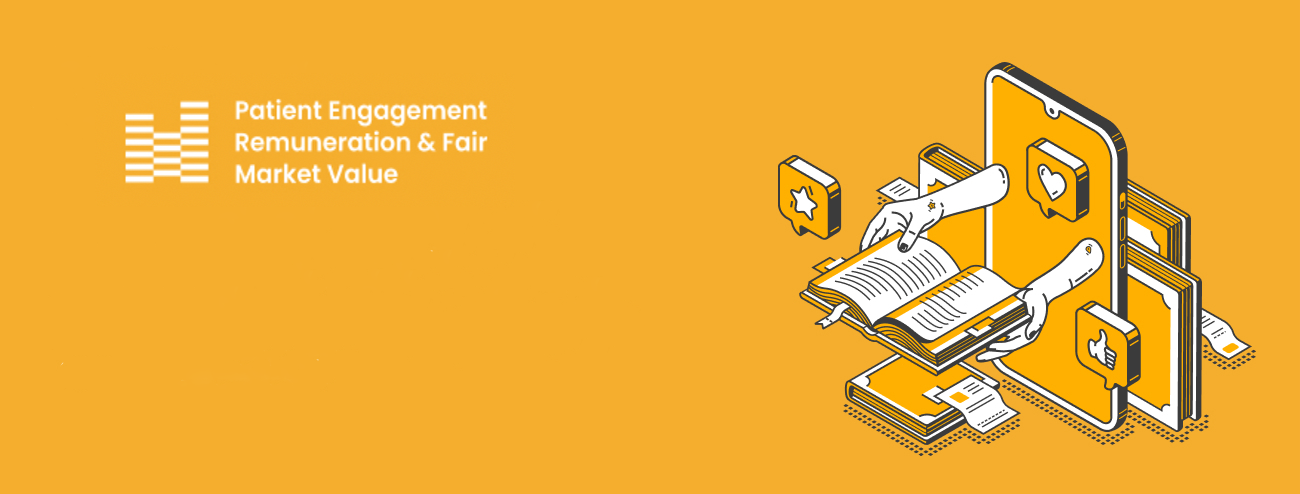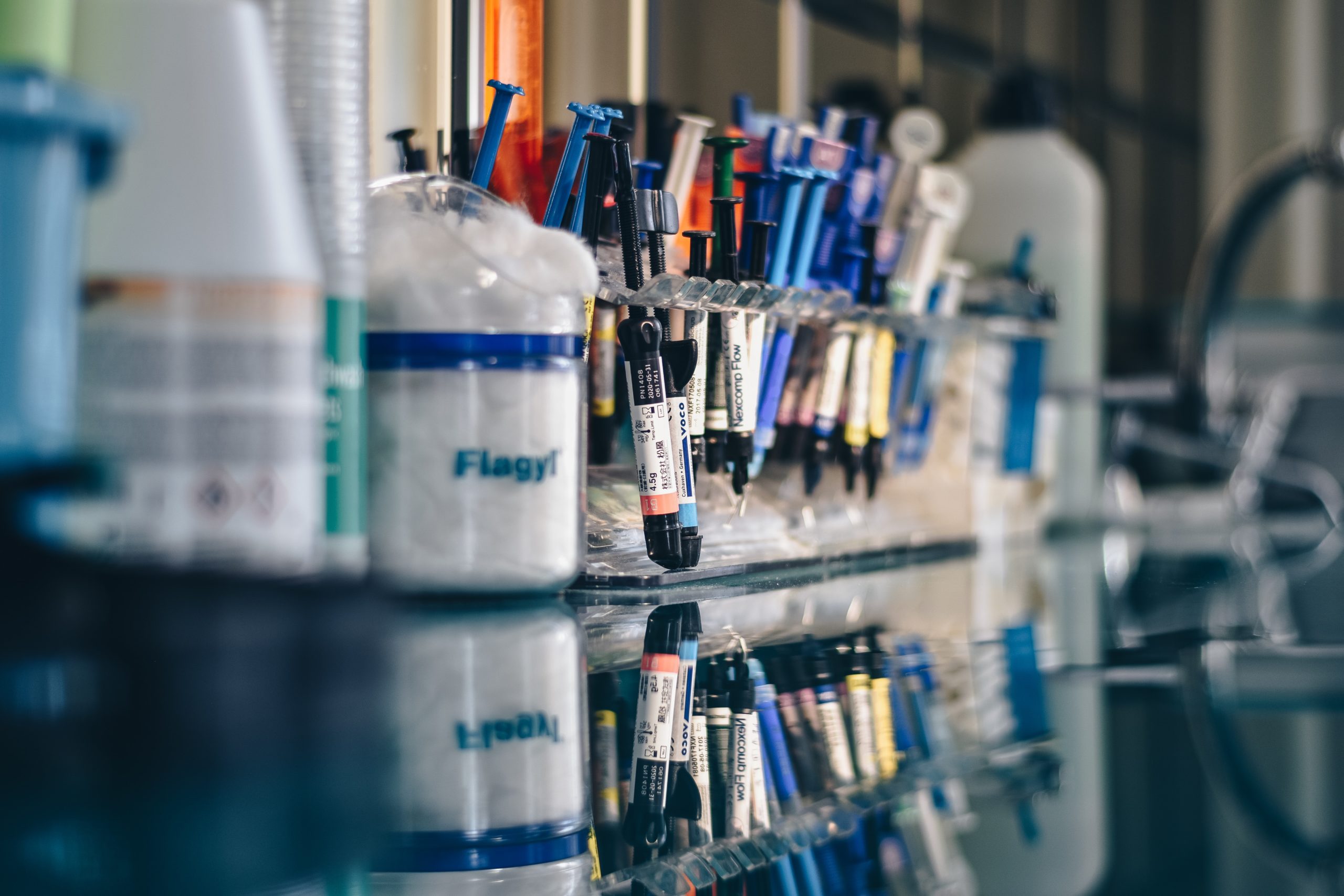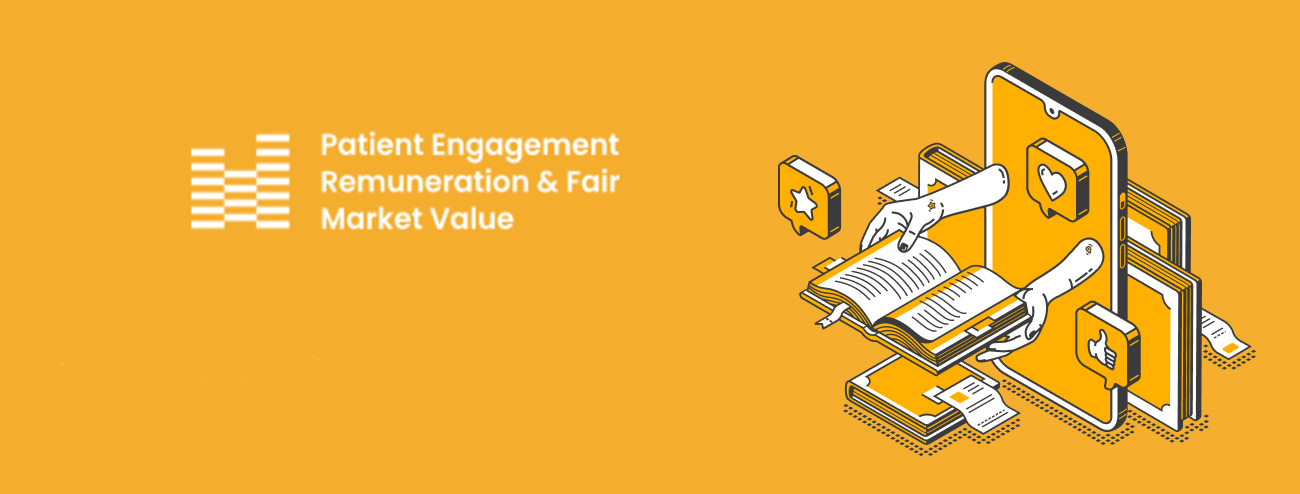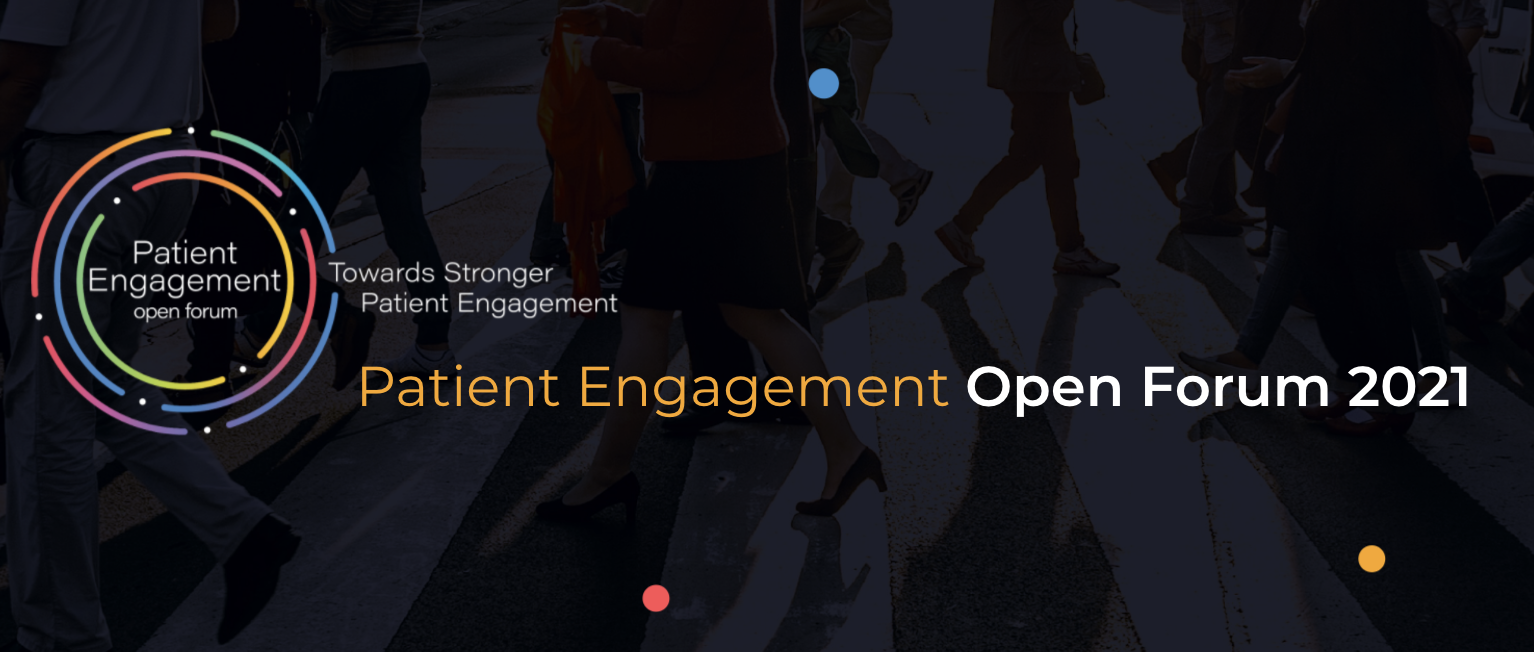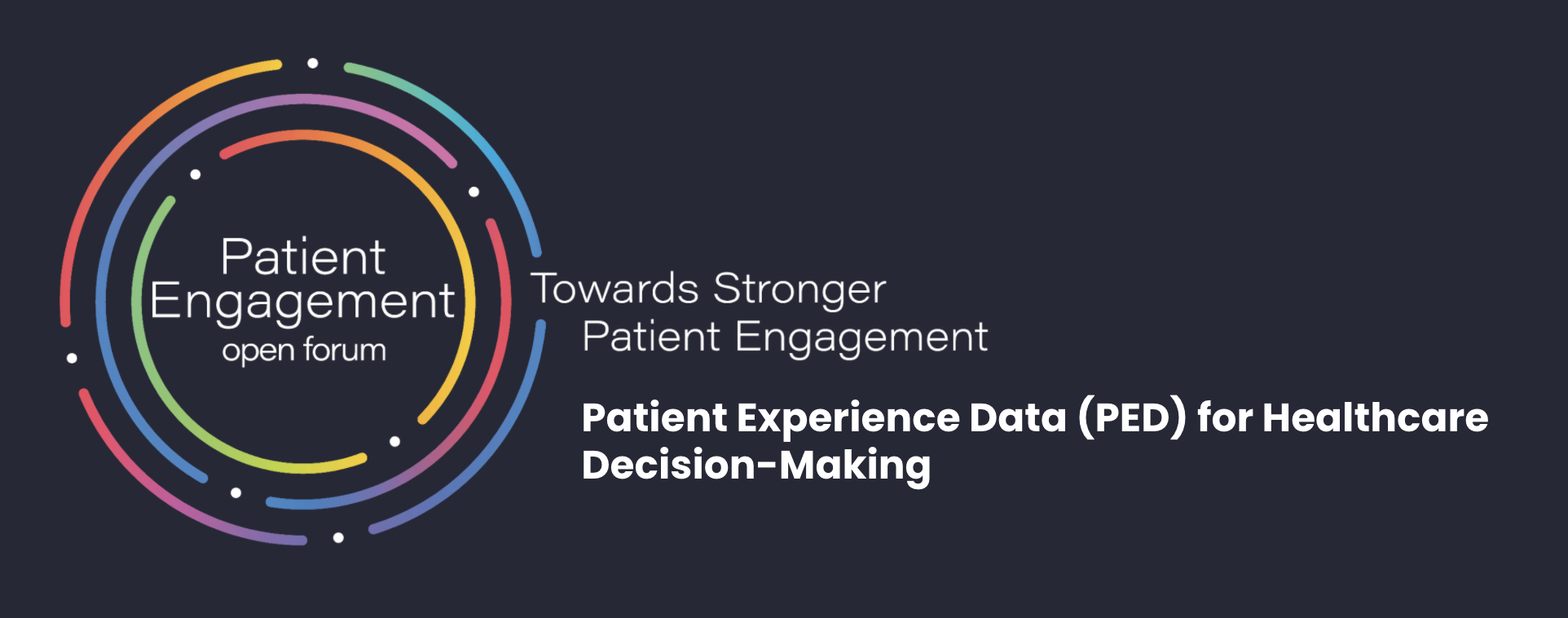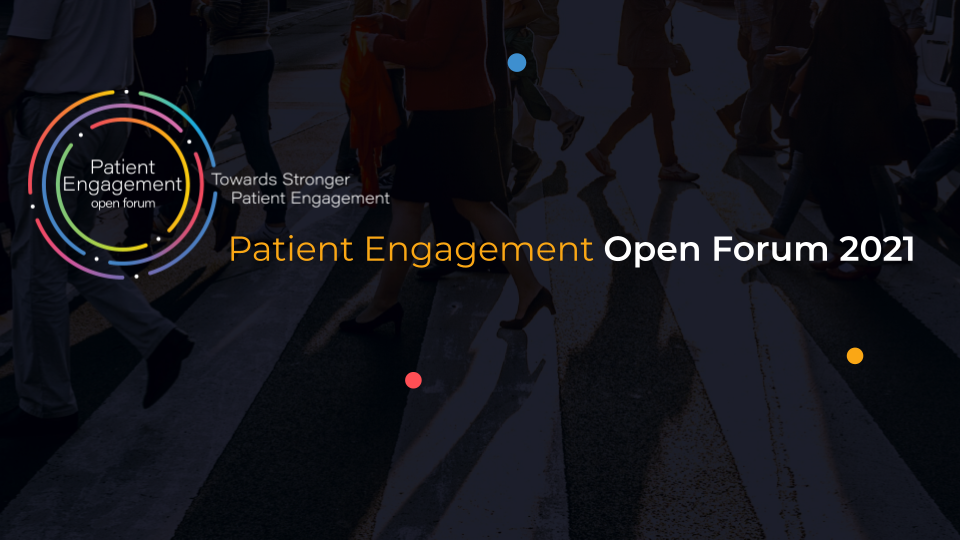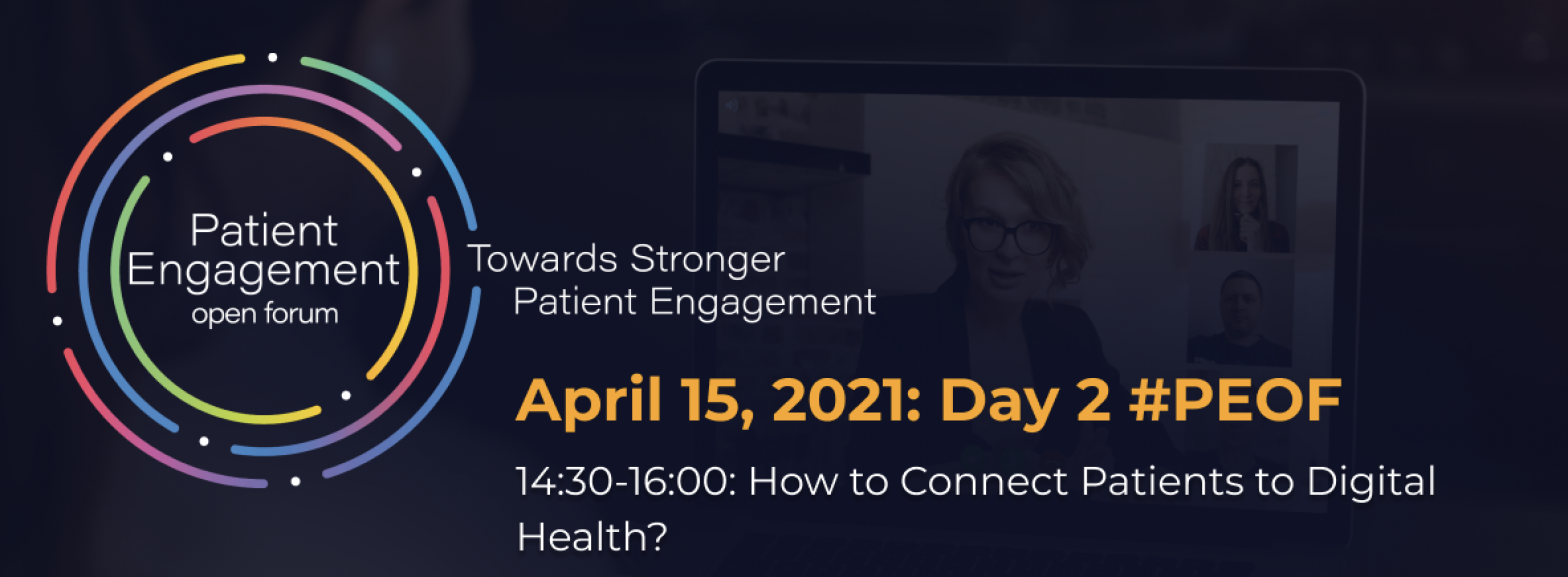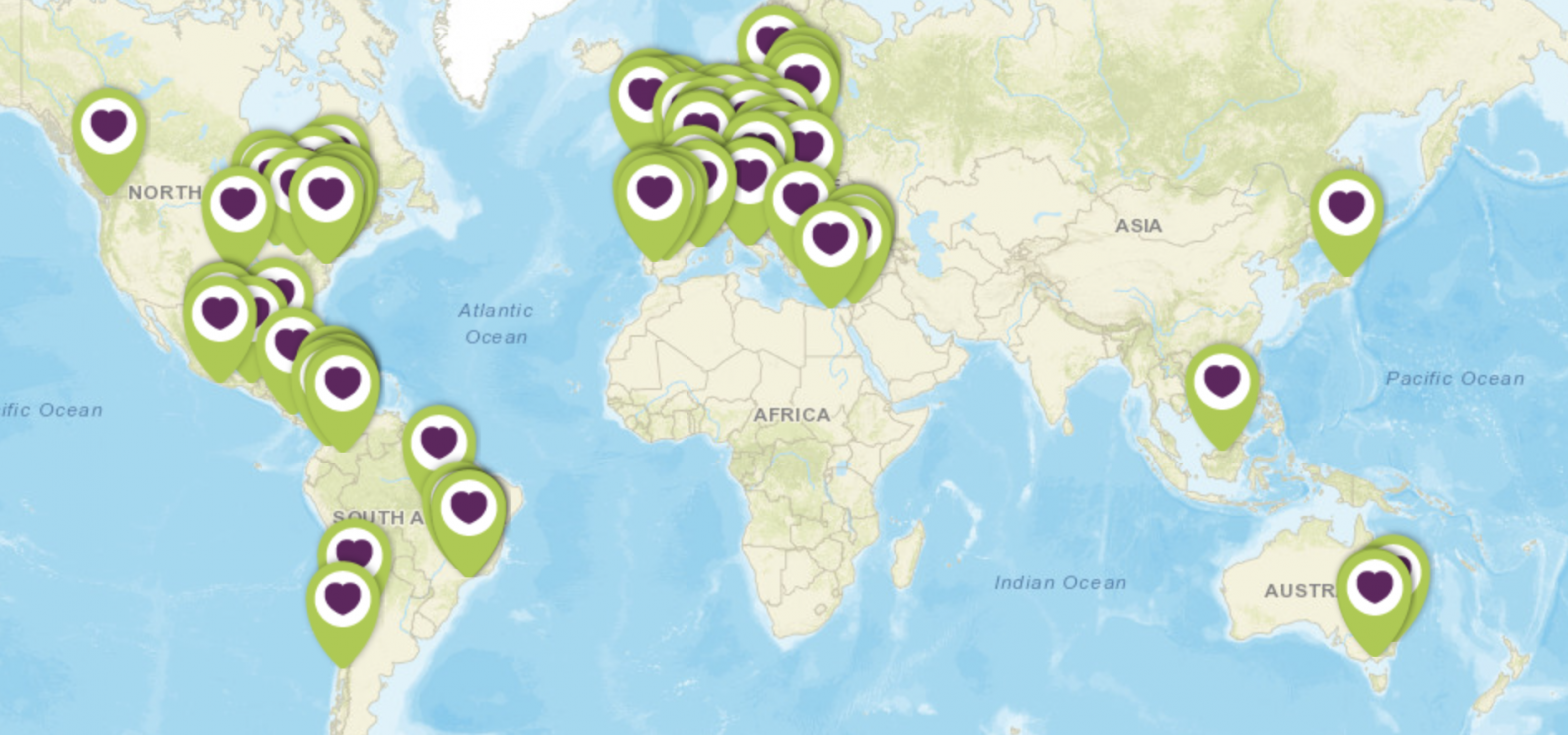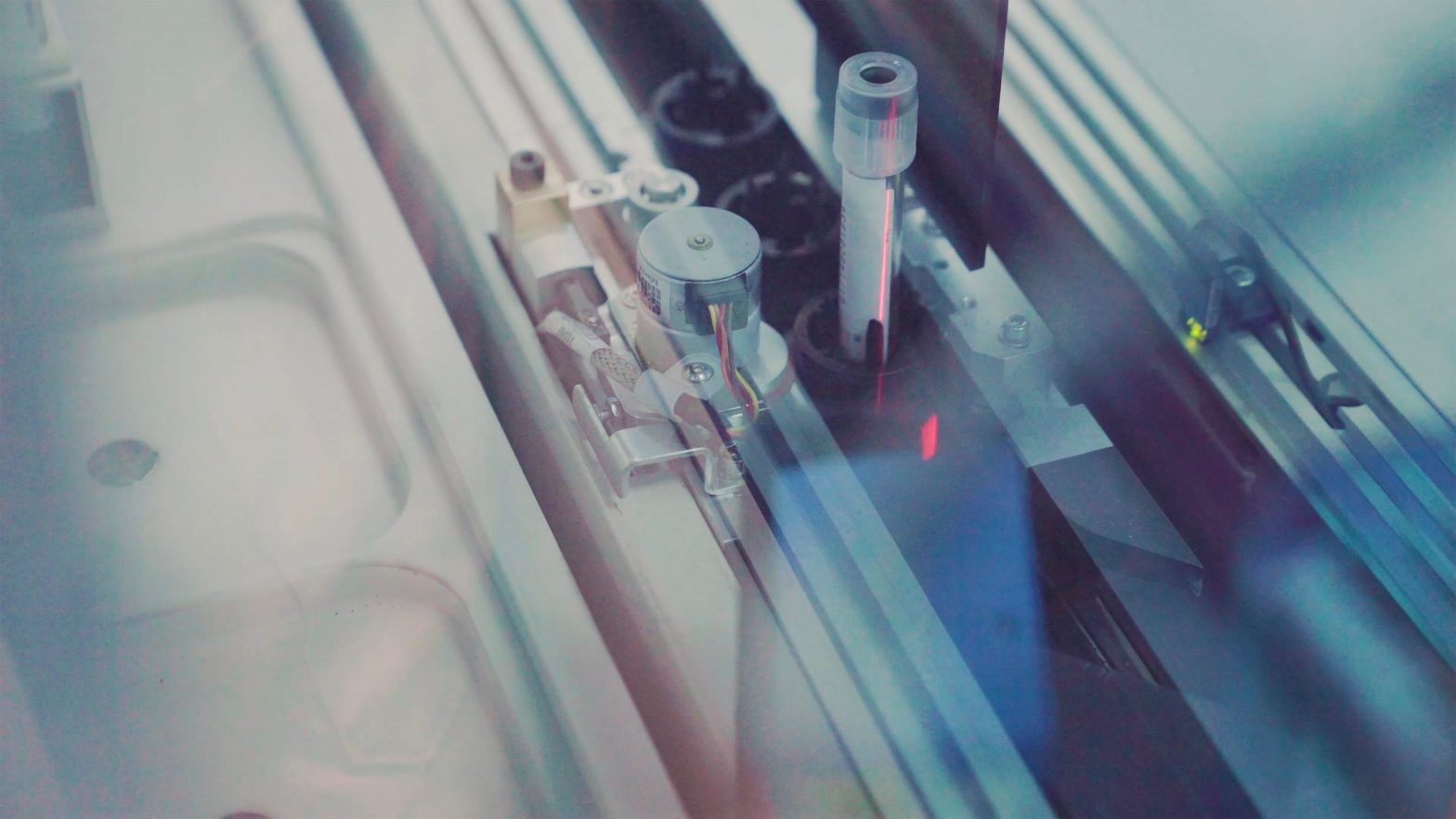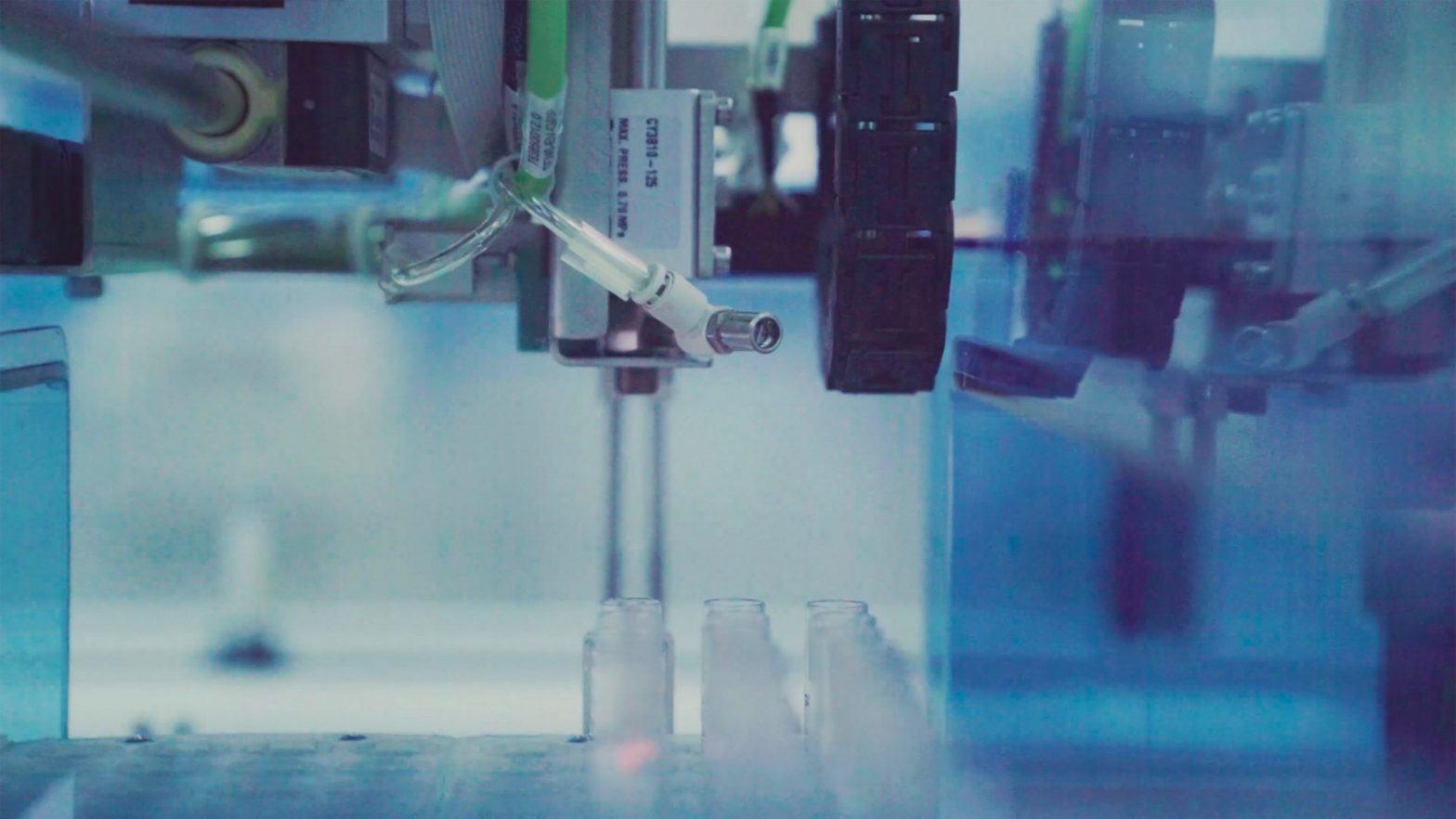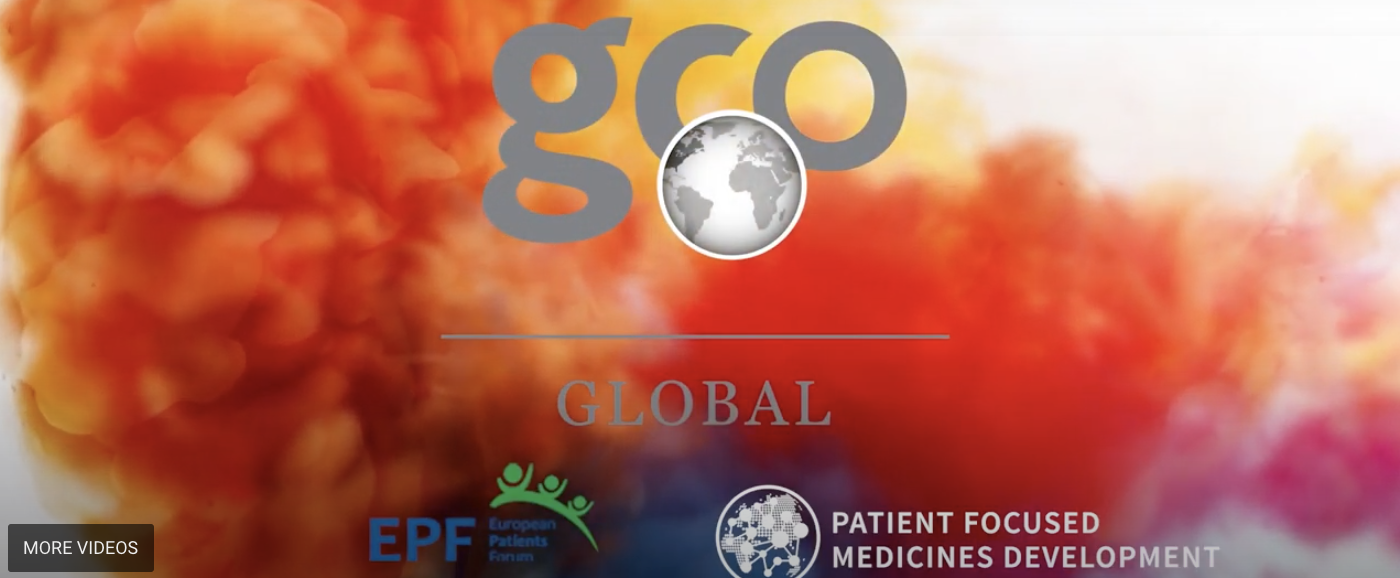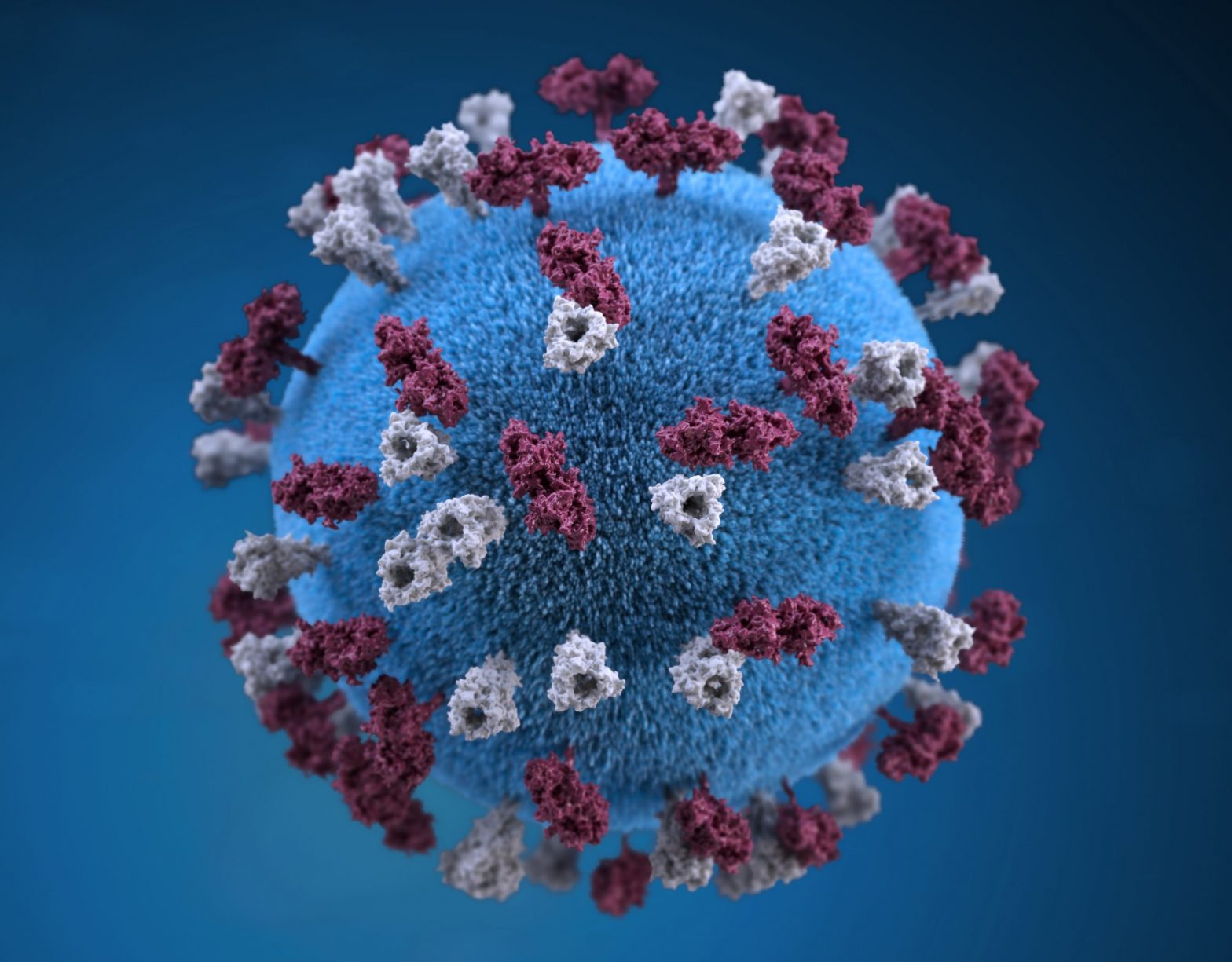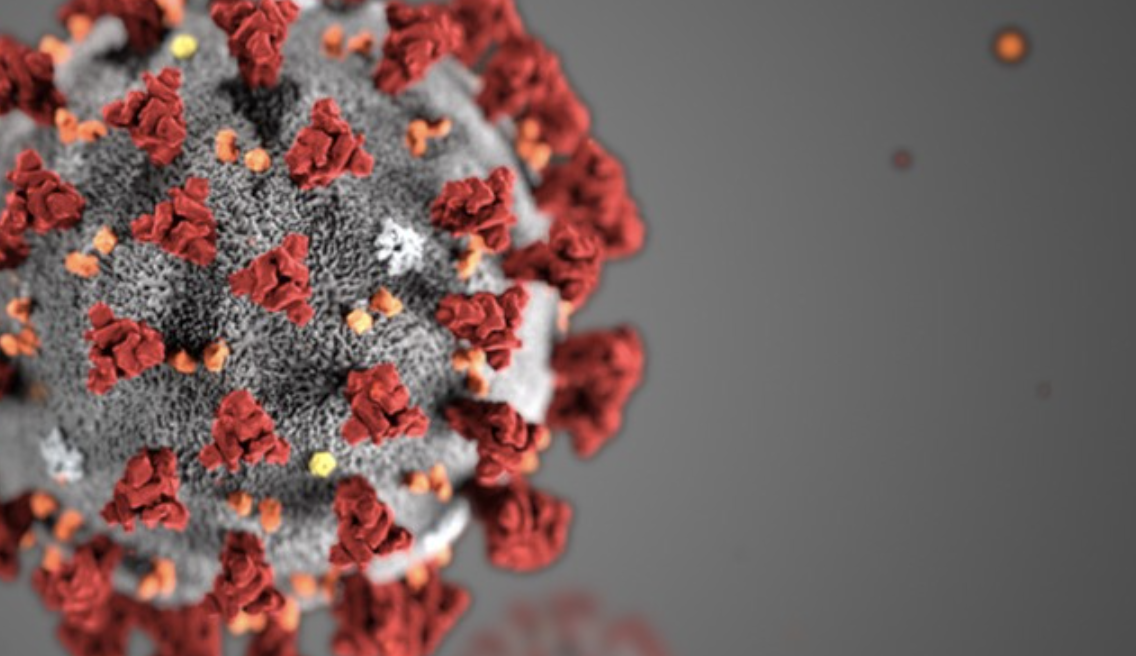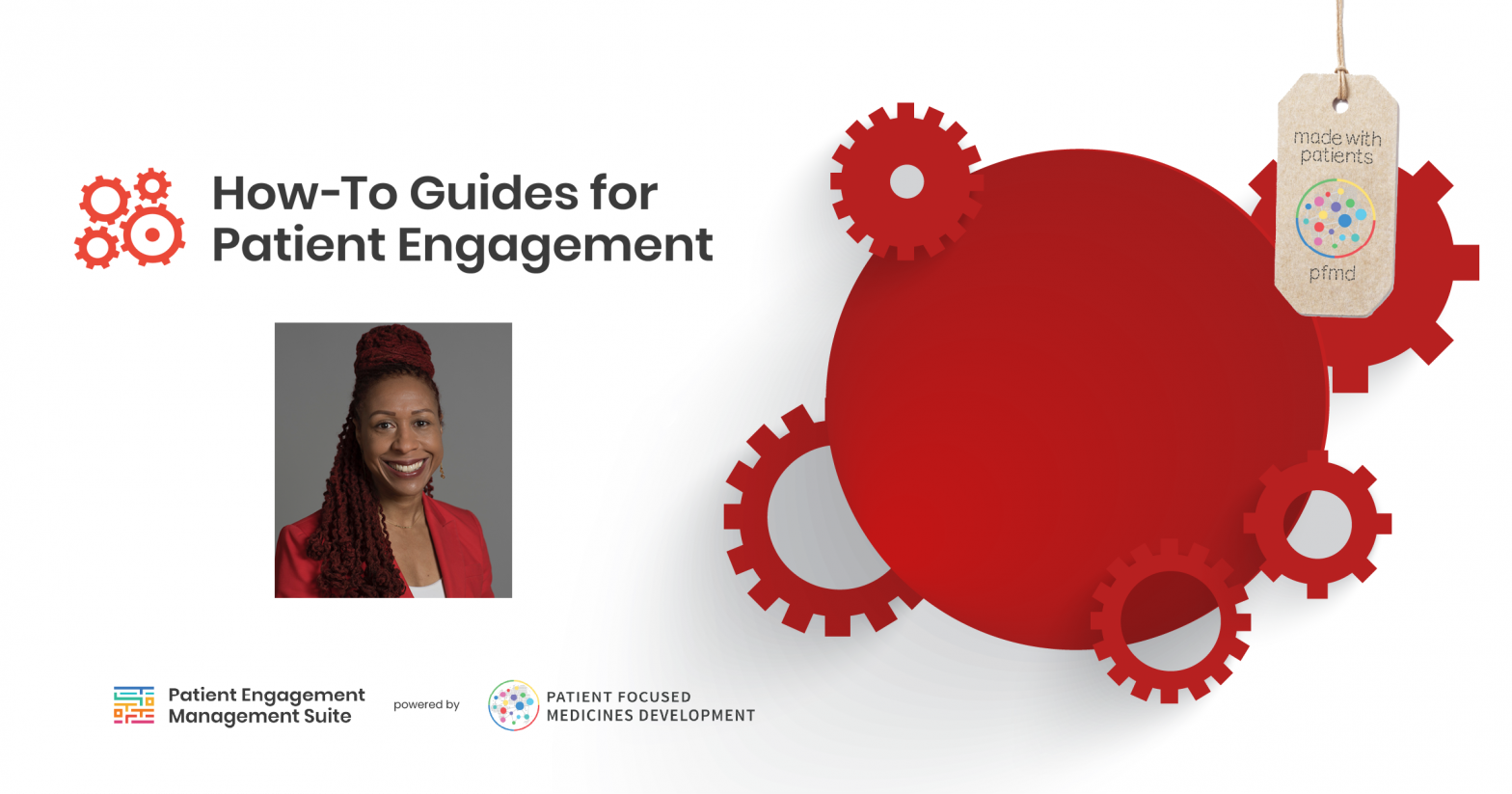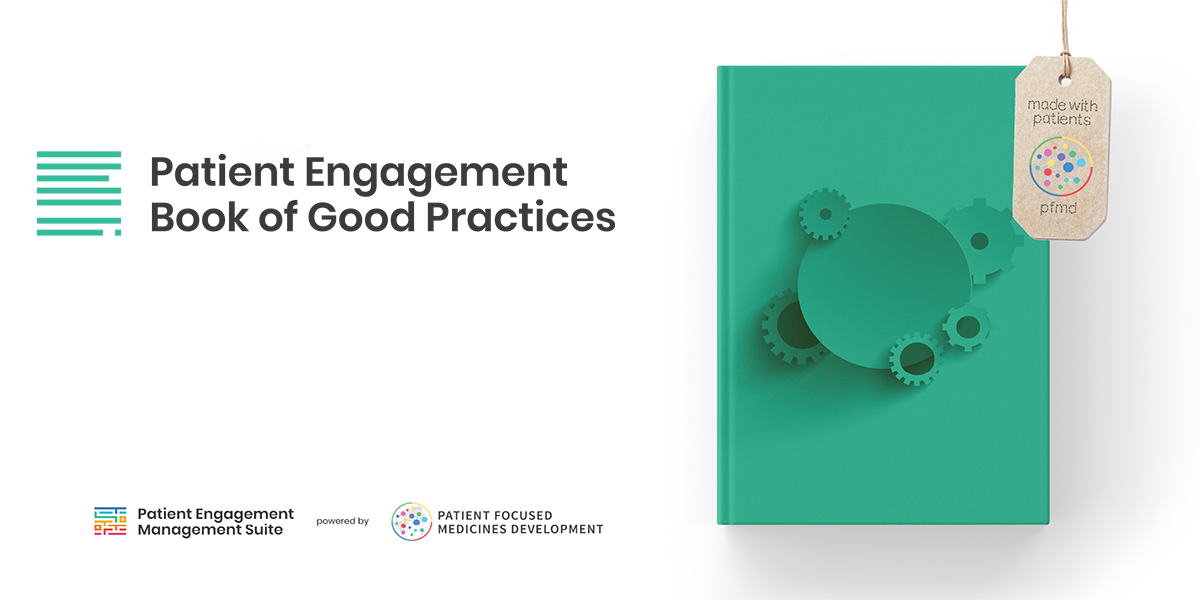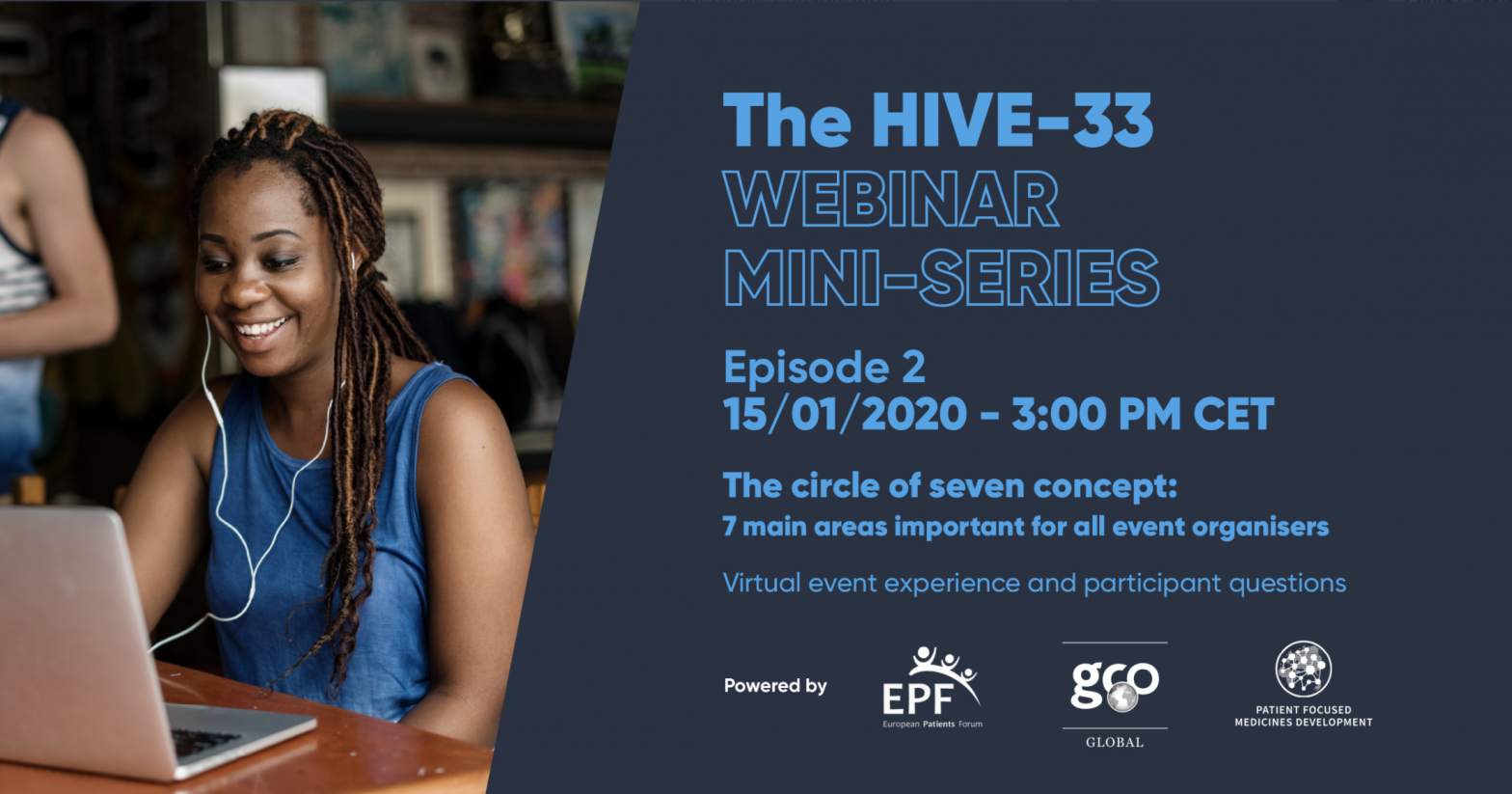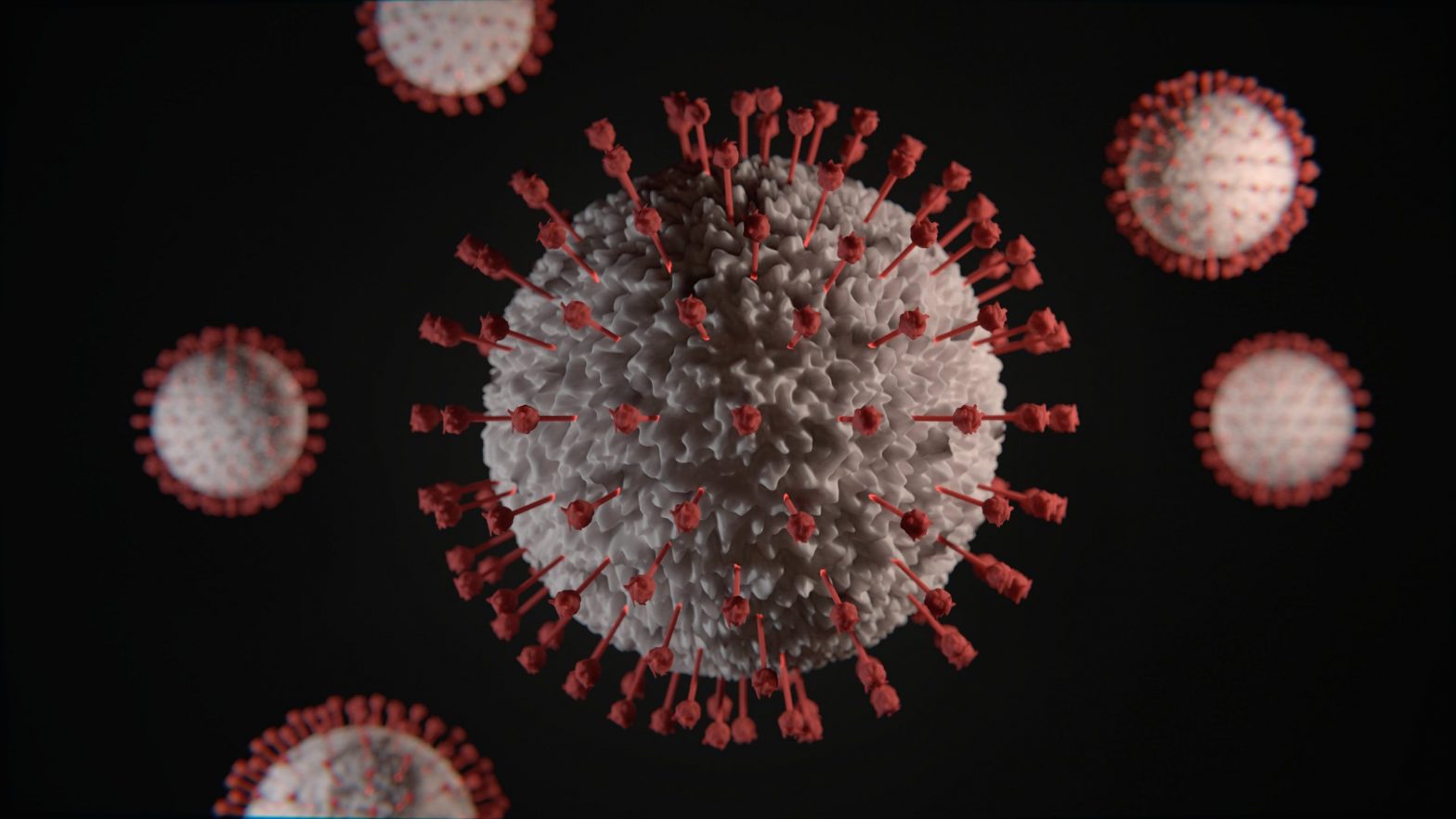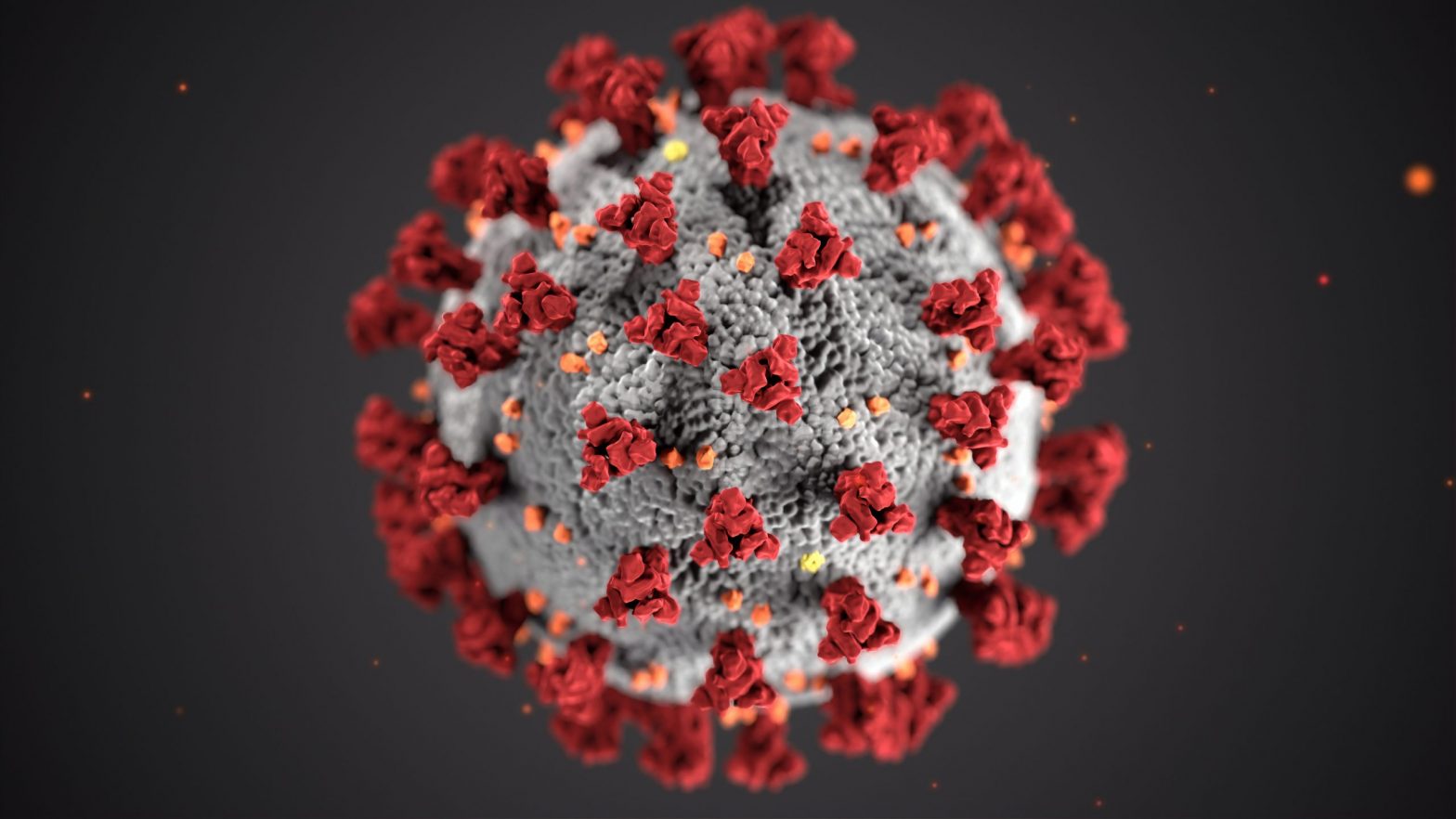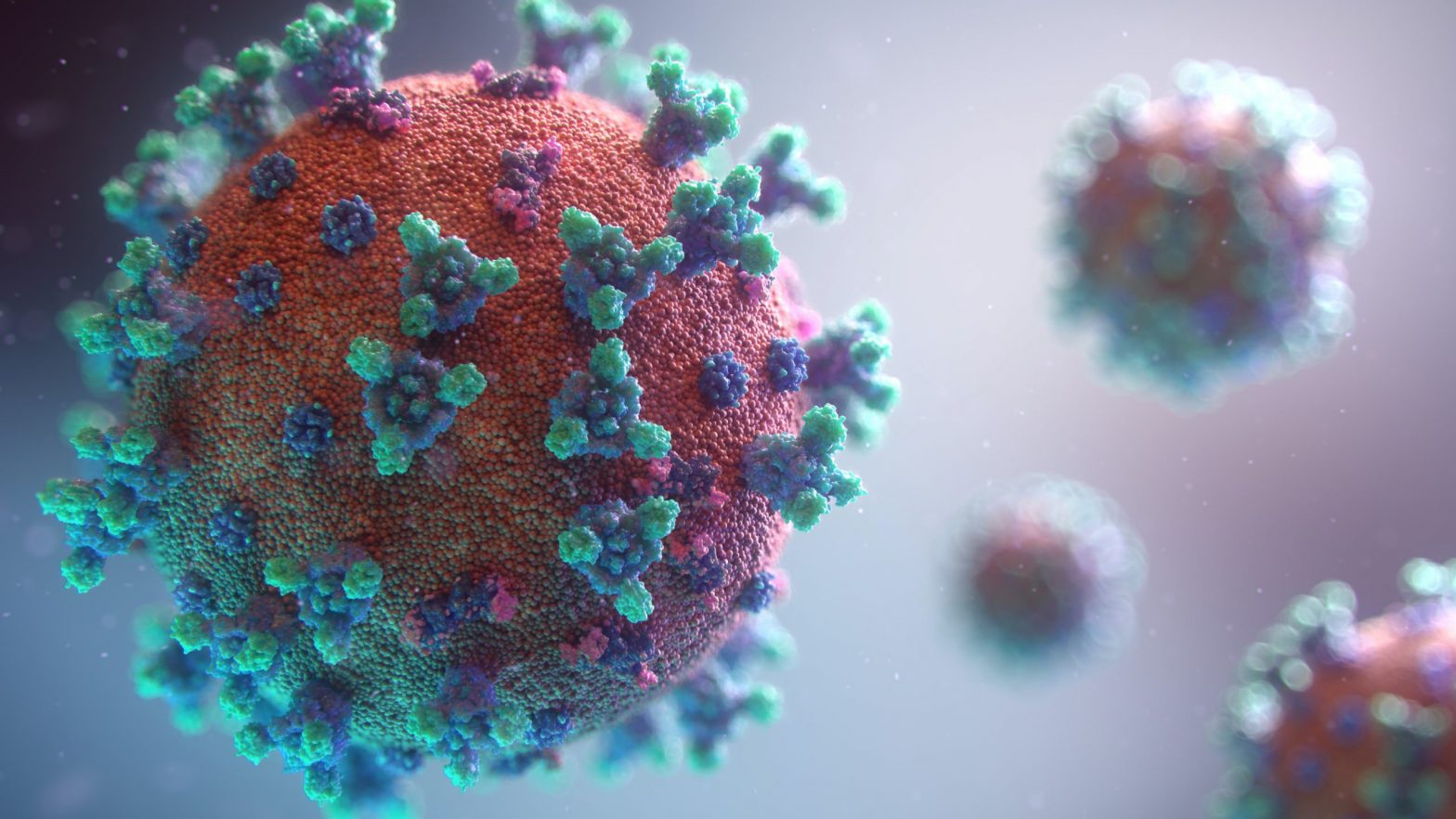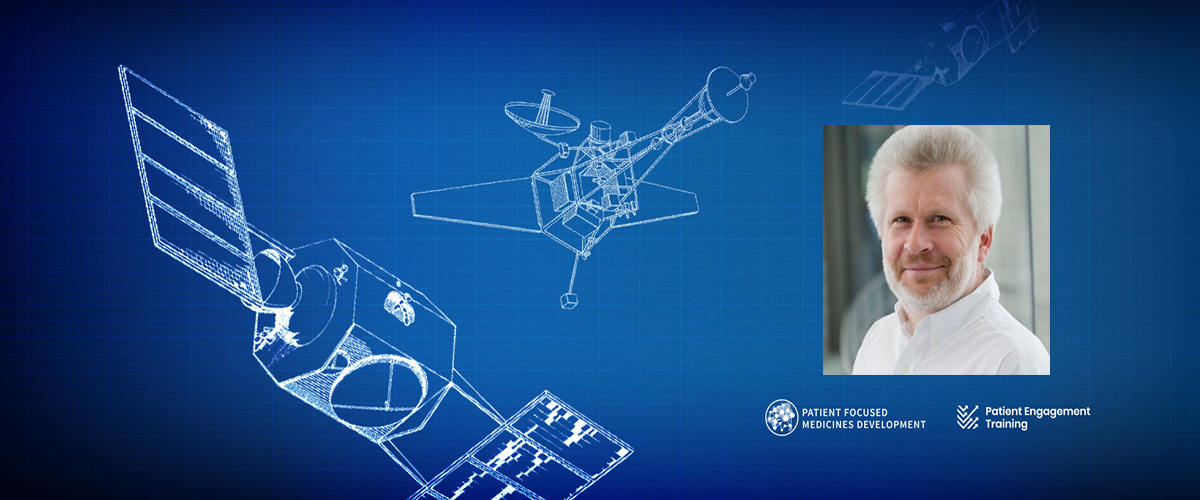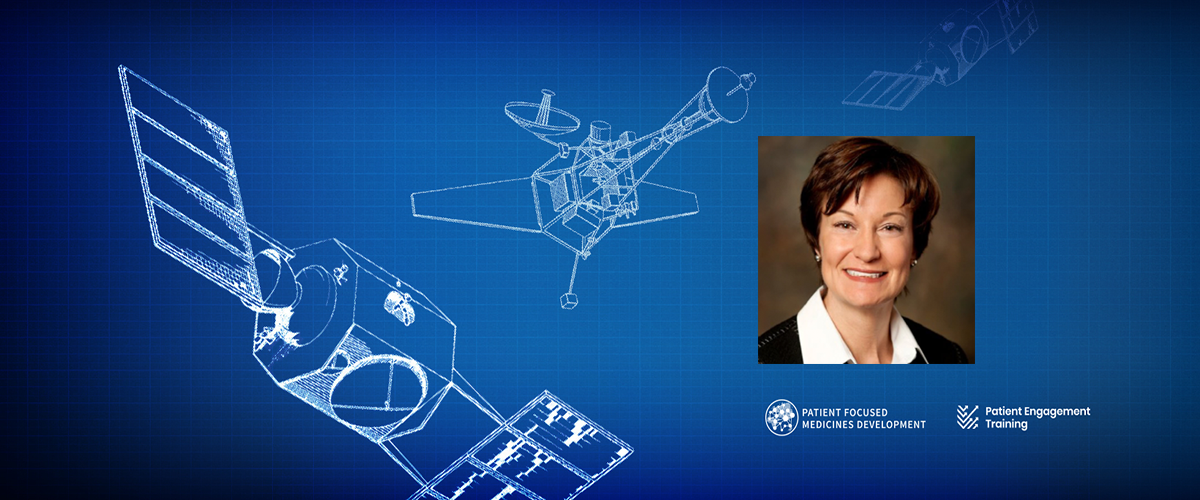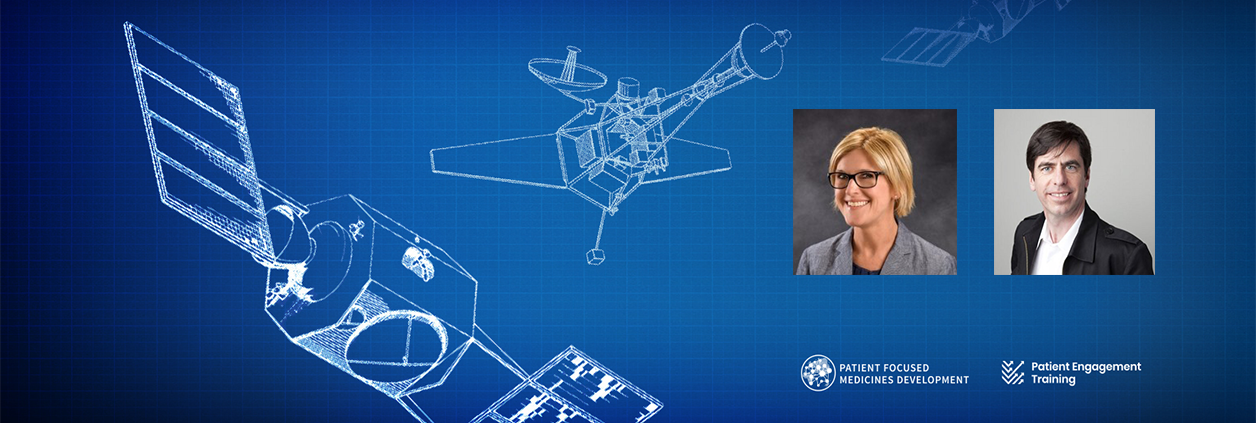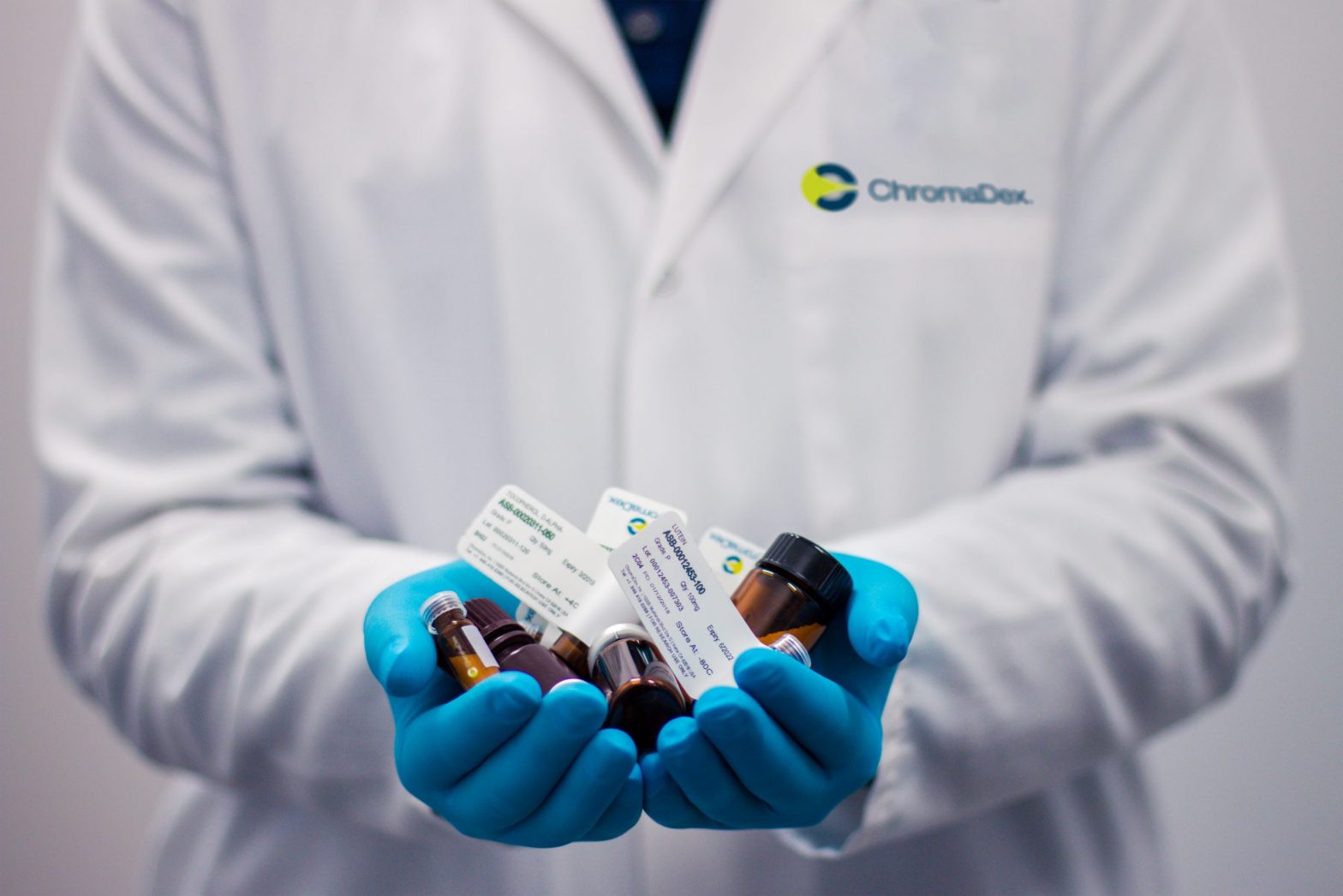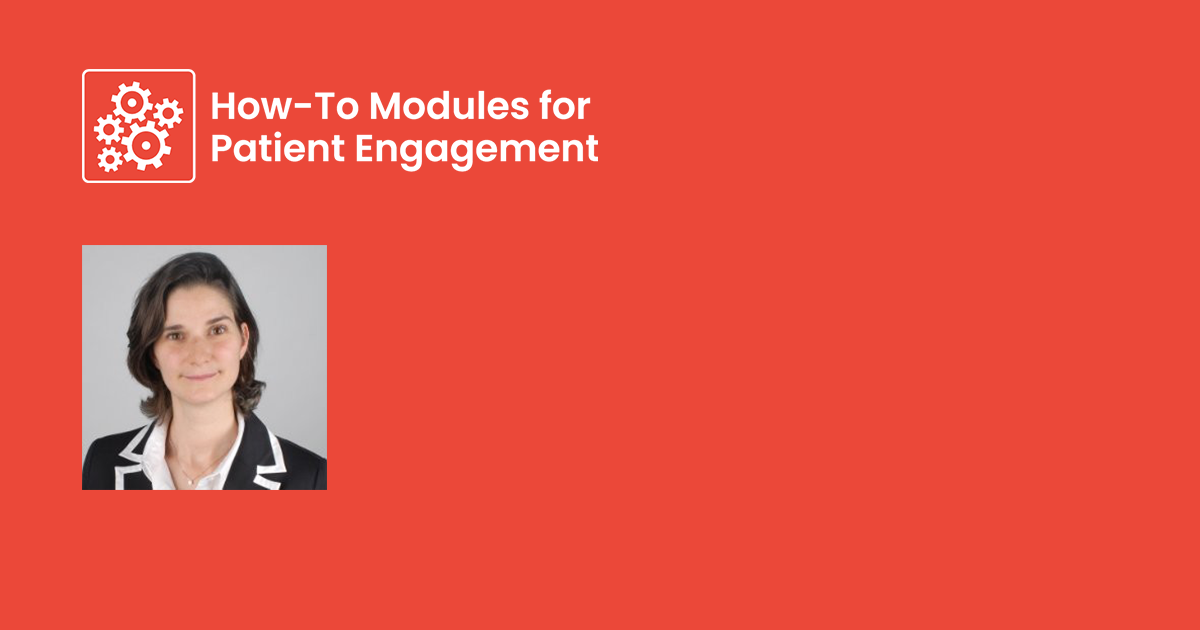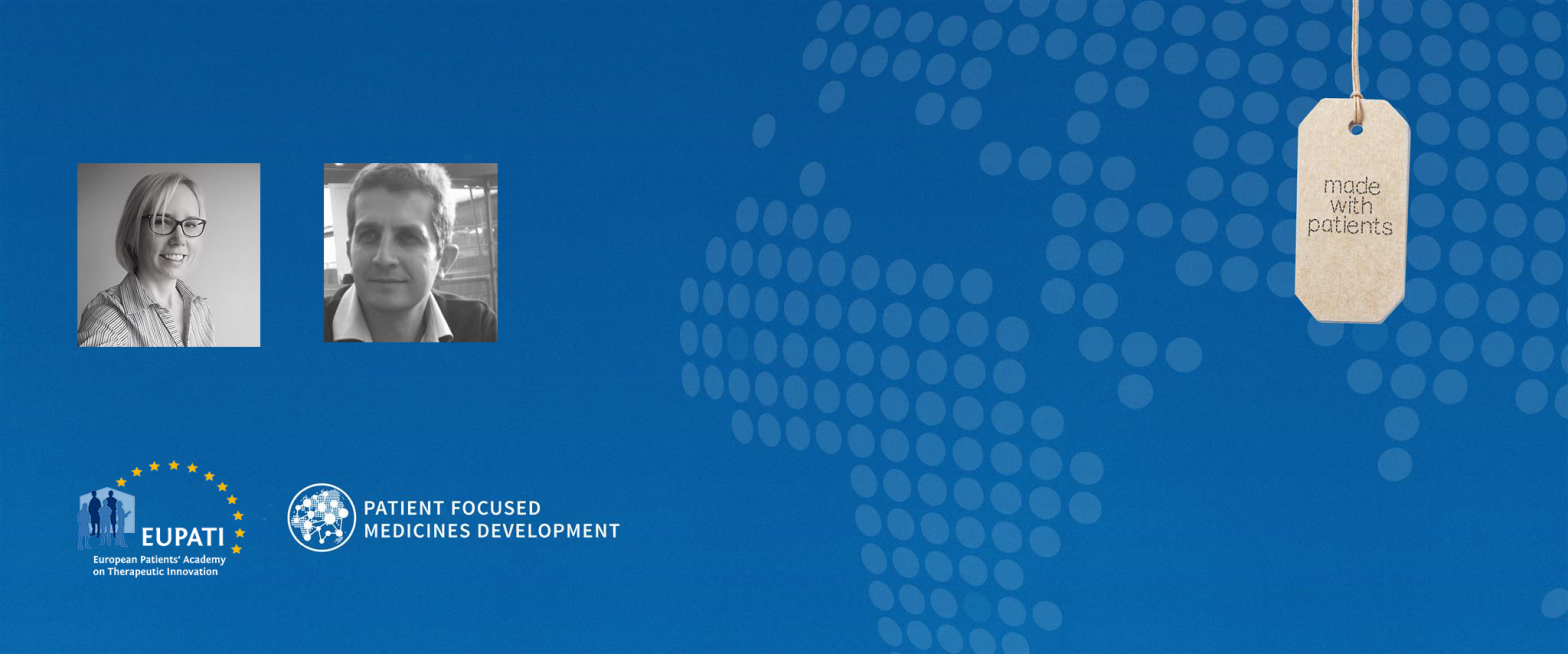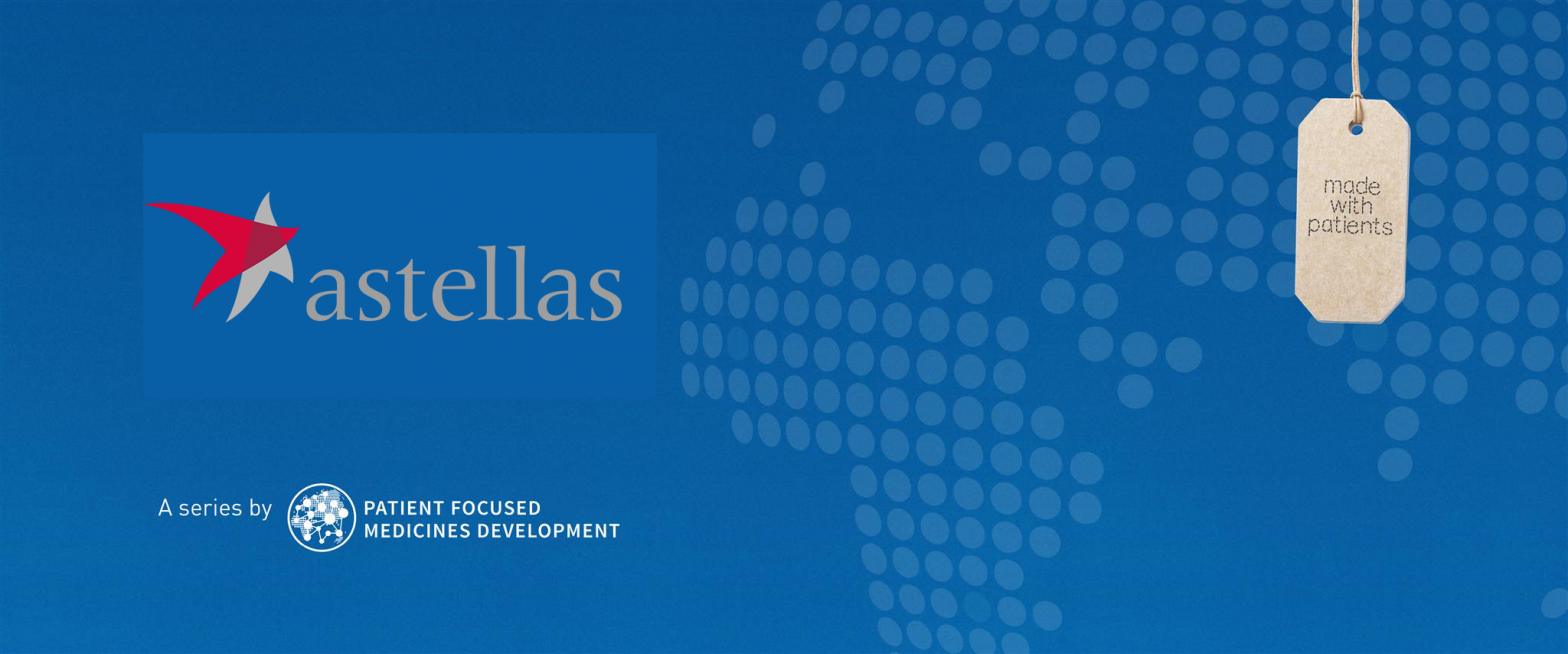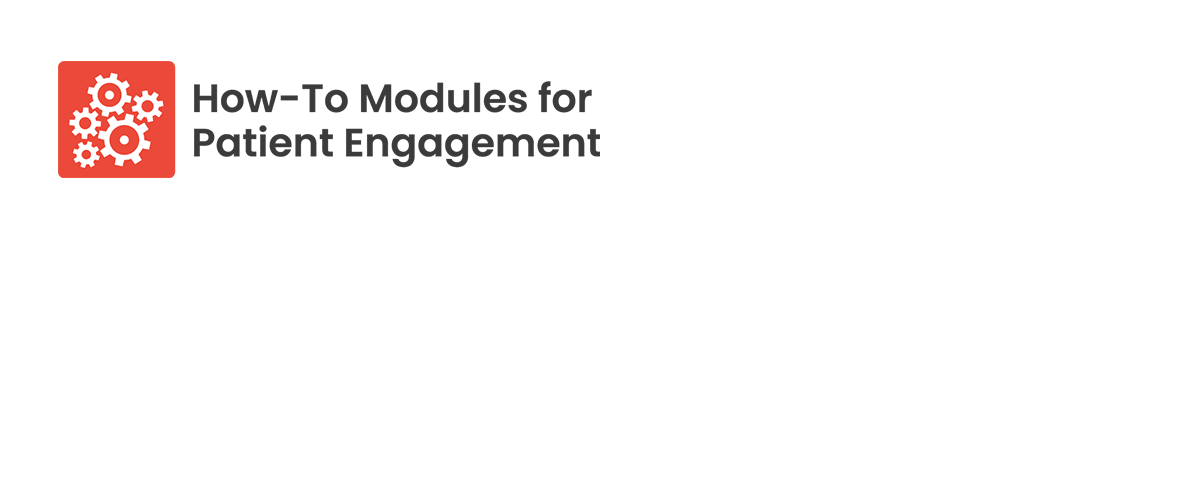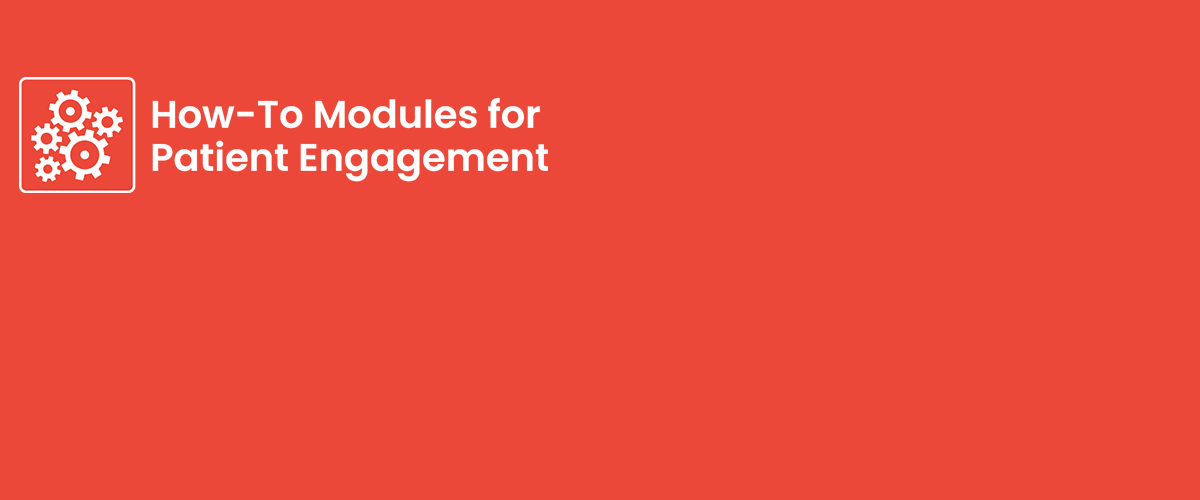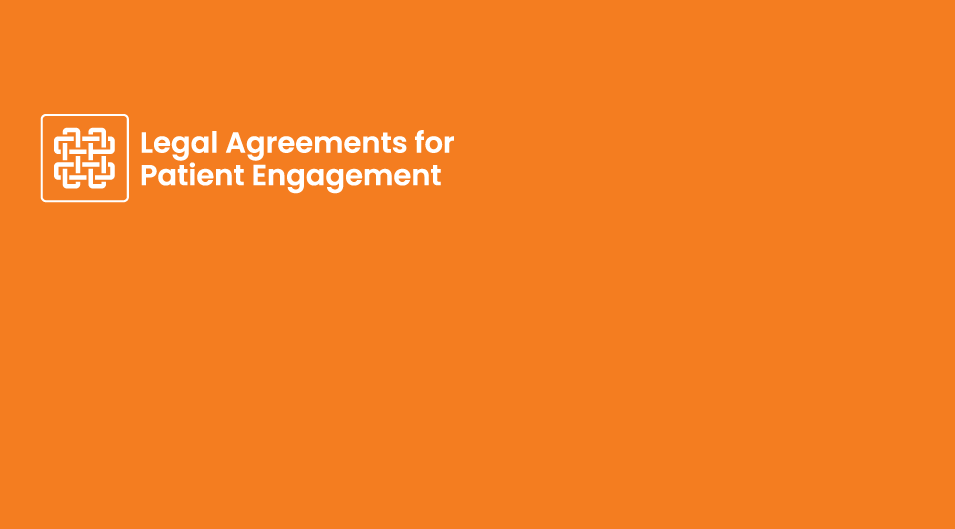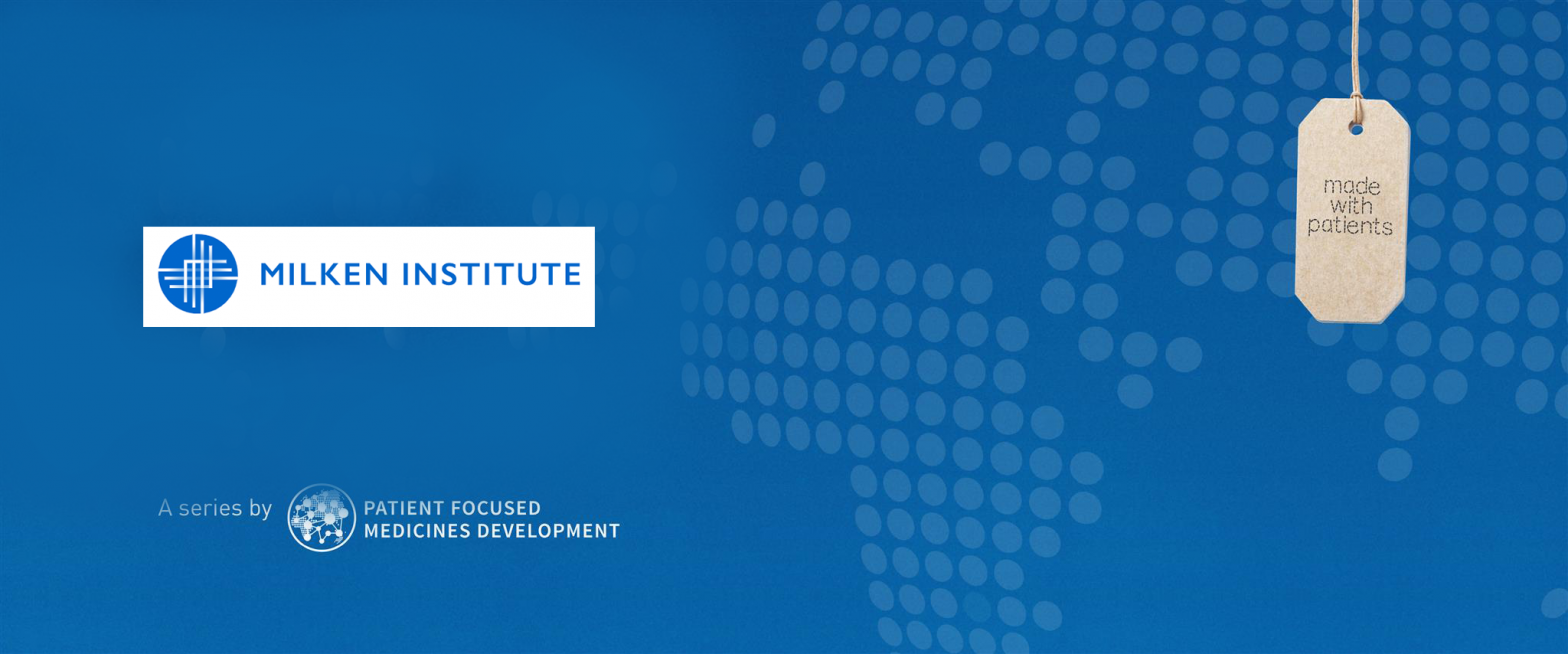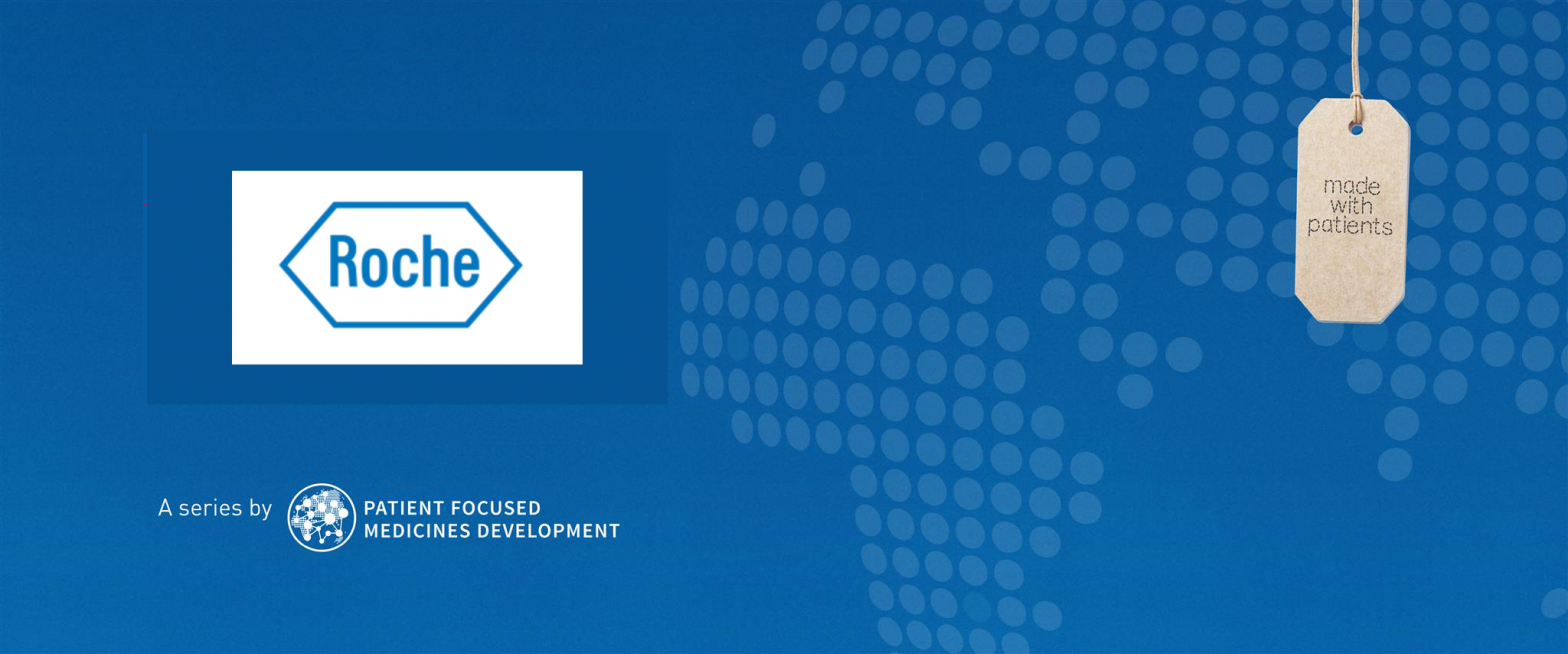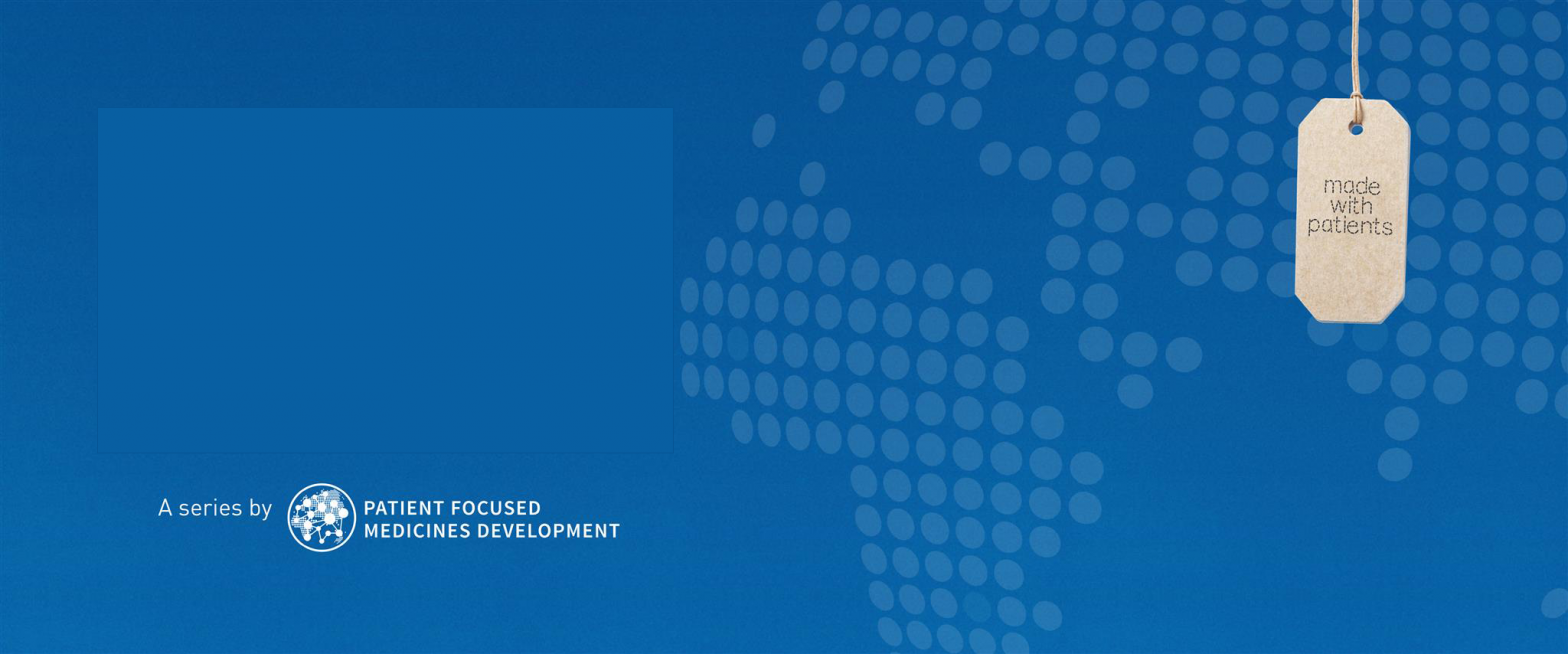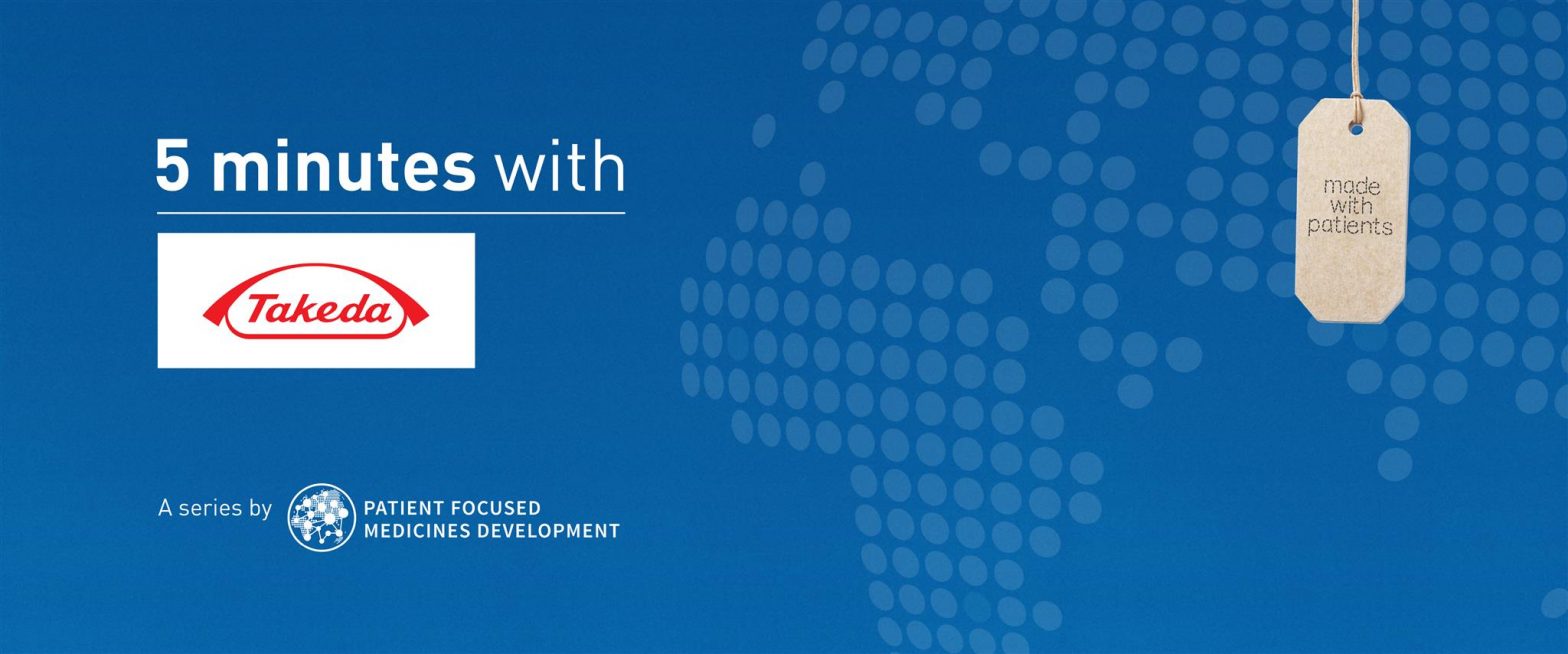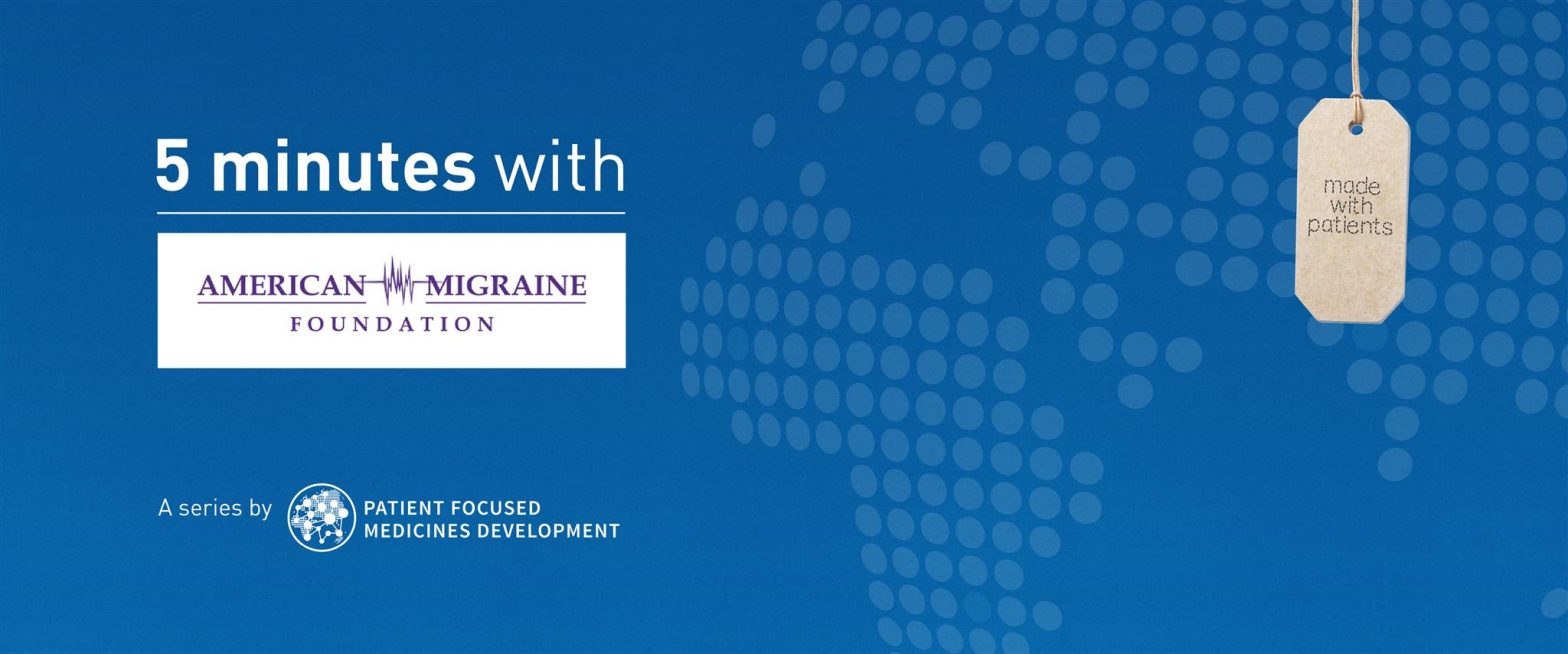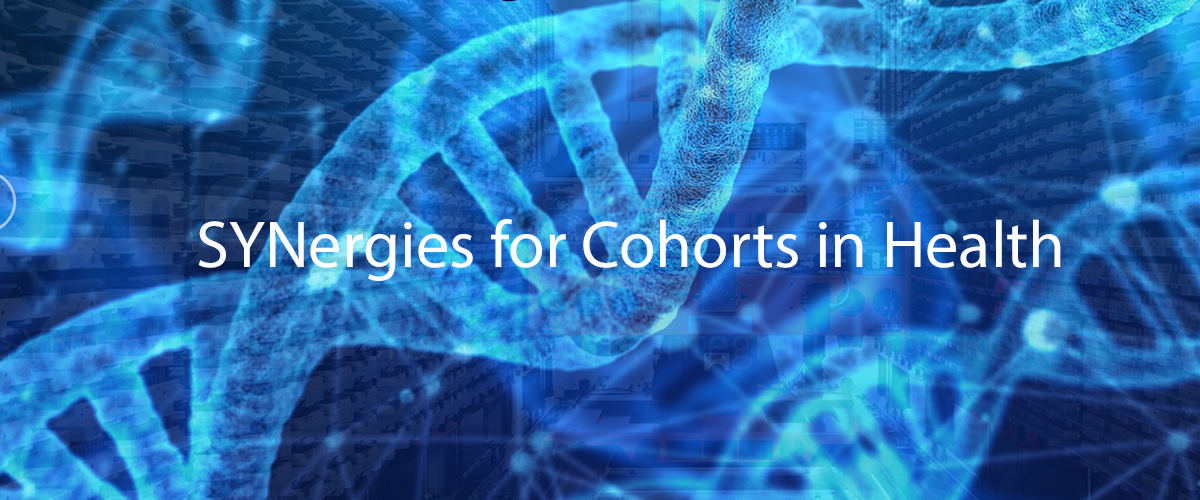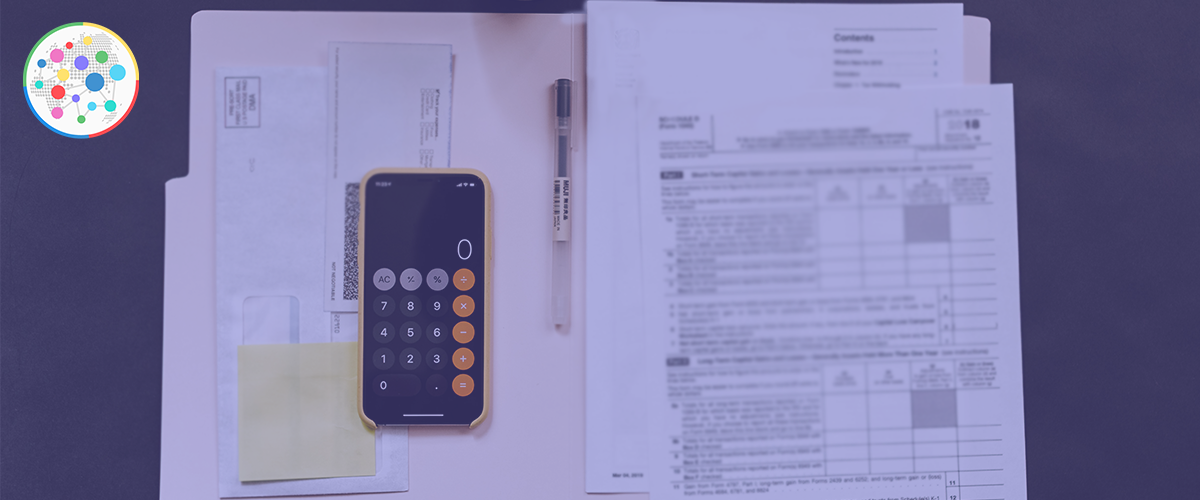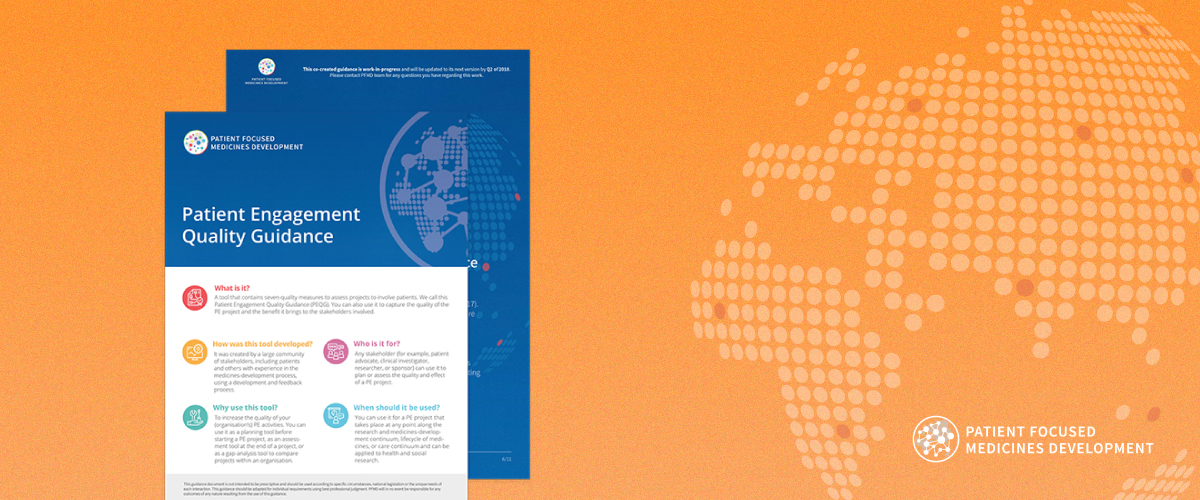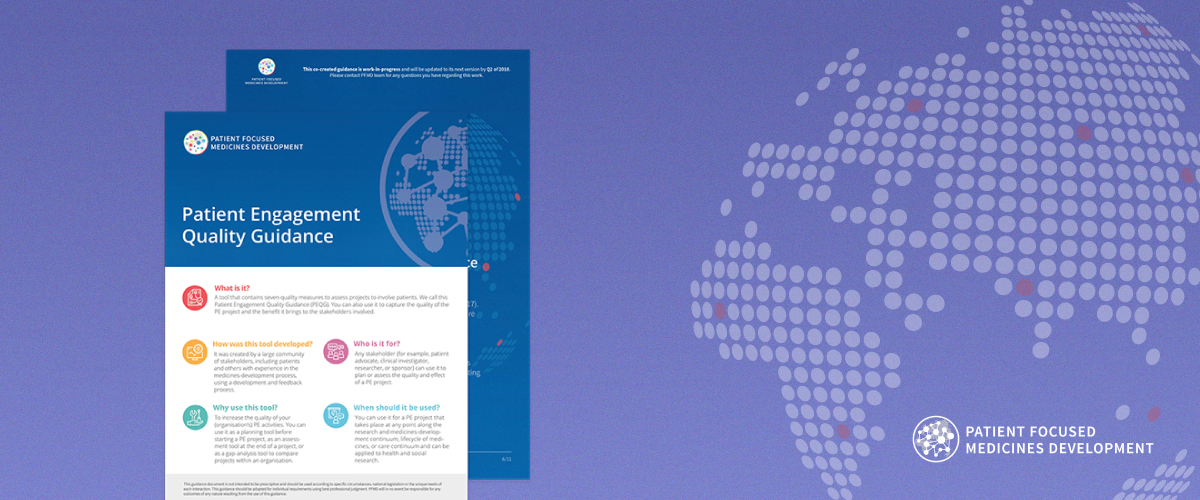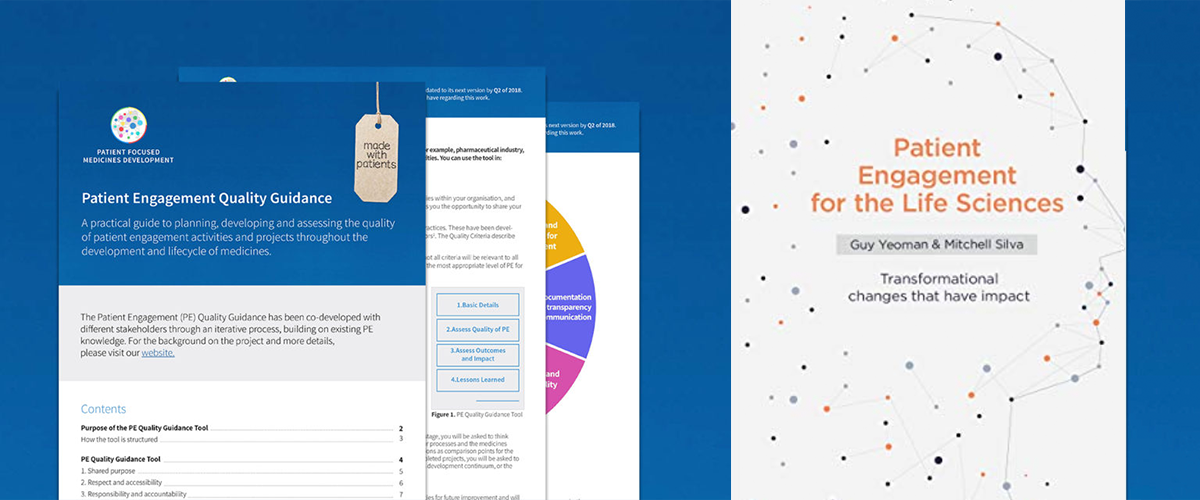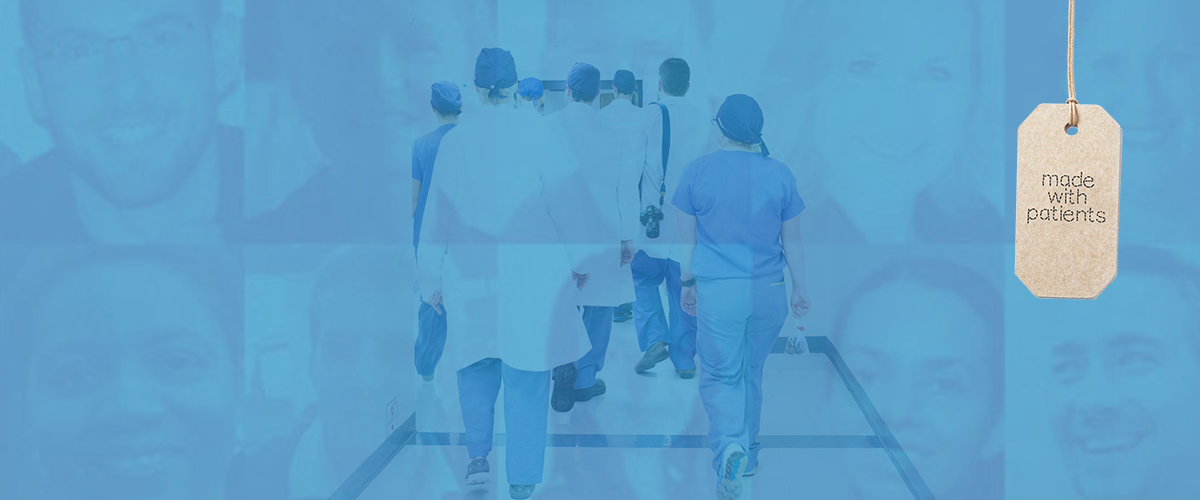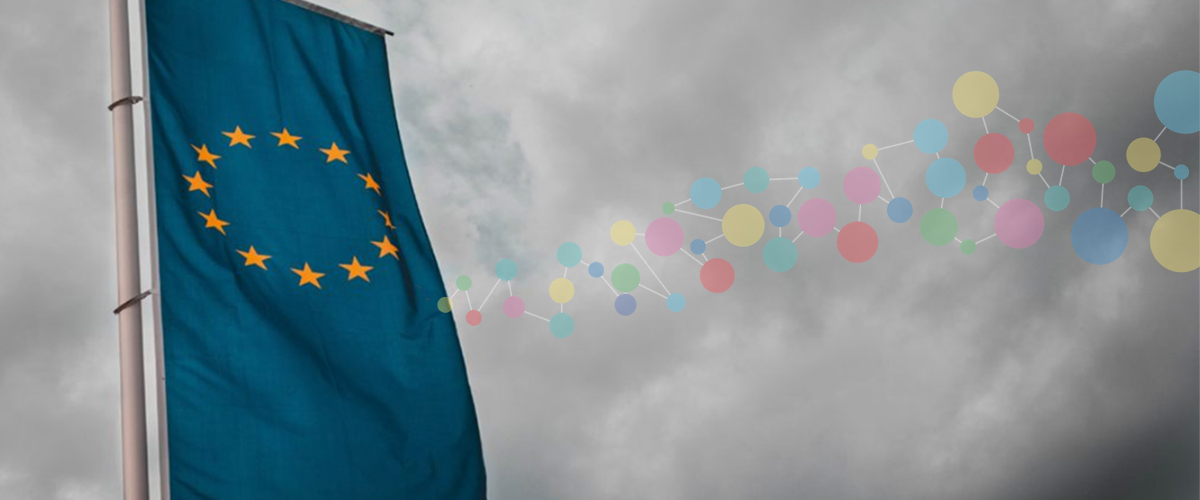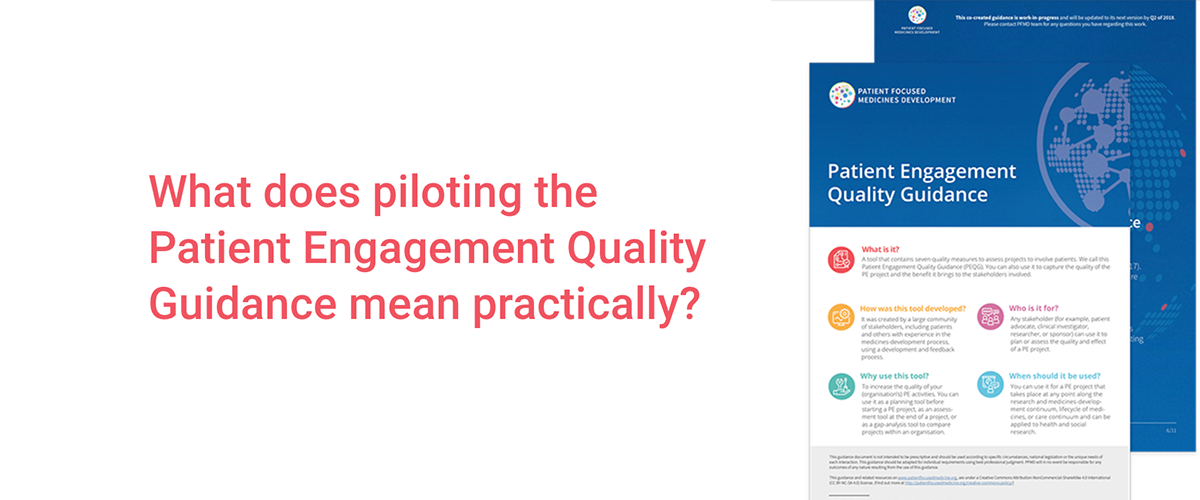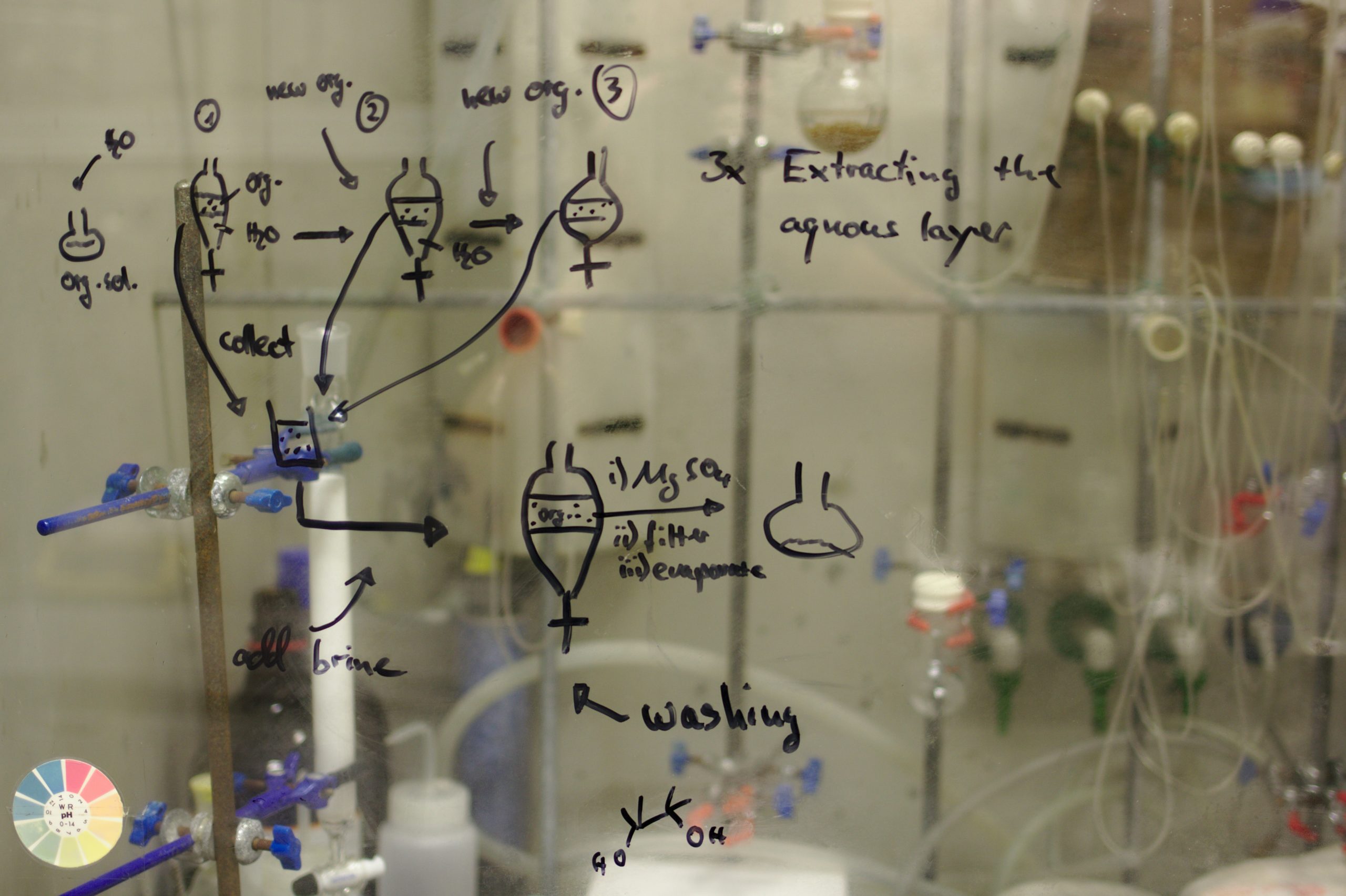The European Patients’ Academy on Therapeutic Innovation (EUPATI) aimed to trigger a major rethink in the way patients and the public understand the medicines development process and their own involvement therein. Funded by the Innovative Medicines Institute (IMI) between 2012 and 2017, it was abundantly clear in the project’s aftermath that it not only reached its goals but surpassed them; indeed, the broad consensus is that it has been a game changer for patient empowerment in Europe.
This is even more evident in the new incarnations of EUPATI. National platforms have been established in several countries across Europe including Austria, France, Germany, Ireland, Italy, Luxembourg, Malta, Poland, Spain, Switzerland, the UK, Denmark, Slovakia and Serbia. Romania, Portugal, Greece, Hungary and the Netherlands will also launch platforms in the coming months.
EUPATI Belgium is gearing up for launch, and chair Mitchell Silva explains the ultimate goal is to create a “pool of patient experts” in Belgium. “We are focusing on the mission of EUPATI, which is really focusing on educating patients to become patient experts in the research and development of medicines,” he says. “The primary aim is to really focus on using these toolboxes at a national level, to really make sure we can create this pool of patient experts in Belgium to facilitate patient participation.”
Fellow EUPATI Belgium board member Danielle Derijcke, Global Patient Affairs Officer, UCB, says the EUPATI National Platforms (ENPs) play an essential role in the continuity of the EUPATI project. ENPs consist of a diverse range of partners working together to raise awareness about patient involvement, identifying the challenges and opportunities for joint action on a local level.” Establishing the Belgian national platform has been relatively smooth once the right motivated mix of patient representatives, industry representatives and academia had been identified.
“From the first time we met there was a lot of energy in the room, you could feel a real commitment to the broader cause, and the national platform was born,” says Derijcke.
EUPATI Belgium was set up as a non-profit organisation; this meant its mission could go far beyond the intentions of the original EUPATI project. This longer-term view suggests a focus on a sustainable and wide-ranging impact for the platform. “When we established the non-profit, we wrote the mission a bit broader – we included different types of activities that empower patients and facilitate patient engagement, not only in drug development but beyond,” explains Silva.
This alludes to the nuances of the national platforms – while pharma is global, locally there are differences in operations and activities, he adds. “In every country, you have local R&D activity but also commercial teams and they need different types of patient input. It is very important that when you have your pool of patient experts you can actually offer the right insights that focus on the drug development but also marketing etc.”
Recent months have been spent getting to know the landscape and identifying the specific needs for Belgium, continues Derijcke. “At the end of 2017, we began working on a survey with the input of our advisory board members and sent it out to the wider public. We wanted to know how patient involvement was perceived and applied by the different types of stakeholders. How do they deal with it… or not?”
As the survey process nears completion, their analysis will play a key role in determining where and how EUPATI Belgium will put its efforts over the first few years of its inception, she adds. “We want to make sure we act where there is a real need.”
There are concrete plans, however, as the project gathers momentum in advance of its official launch. Silva explains that educational workshops will be organised for patient organisations using EUPATI materials; the goal of this is to create an informed patient who can talk the talk and walk the walk.; “From simple things like what is a clinical trial, what does phase I or phase II mean, to a bit more deeper like what is the research question, what is a primary endpoint and secondary endpoint, we will be educating them on all of this, because it is very important when you are speaking with professional academics that you understand this terminology. As a patient-expert, you really have to understand where can I bring value as well.”
EUPATI Belgium will run its first public event on October 27 in Brussels, the “EUPATI Belgium Patient Forum 2018 – facilitating patient participation through education”. Here, the results of the public survey will be disseminated, but open panel discussions with a range of stakeholders will also take place, as well as interactive patient workshops.
“The level of patient engagement and attitude towards patients in Belgium for different stakeholders will be discussed at the event. We want to really understand where are the gaps and what are the misperceptions and beliefs surrounding patient participation and whereas an ecosystem can we work together to bridge these gaps,” says Silva.
Synergist CEO Nicholas Brooke will also be present to give a broad overview of trends in patient engagement and the important collaborative work that PFMD are doing in the field.
EUPATI Belgium hopes to learn from this expertise, adds Silva. “In Belgium this is happening, but it is extremely fragmented and we are aiming to be the glue between these separate initiatives.” Fragmentation of patient engagement methodology, expertise and resources is the key challenge PFMD is addressing in order to make it happen systematically.
For Derijcke, an initial challenge facing EUPATI Belgium is to get on the map. She says it will take some time for stakeholders across Belgium to get to know Eupati Belgium and the value we can bring EUPATI Belgium is not only providing educational workshops for patients as a neutral party, but also playing a key role in fostering a debate on patient involvement in drug development.
“People, and especially patients, need to know that we exist, they need to know what we can do for them, and at the same time, we still have to school ourselves. We have to build our reputation as a trustful partner, by acting based on listening, by sharing our experiences and learnings in a transparent way. We are now at a critical point where the entity is set up, we are a good running machine and this first public event will give us a broader visibility within Belgium. It’s important to convey the message that Eupati Belgium can be considered a neutral partner, with a tripartite executive board and the patients in the driving seat .”
EUPATI Belgium prepares for take-off
Tags:



